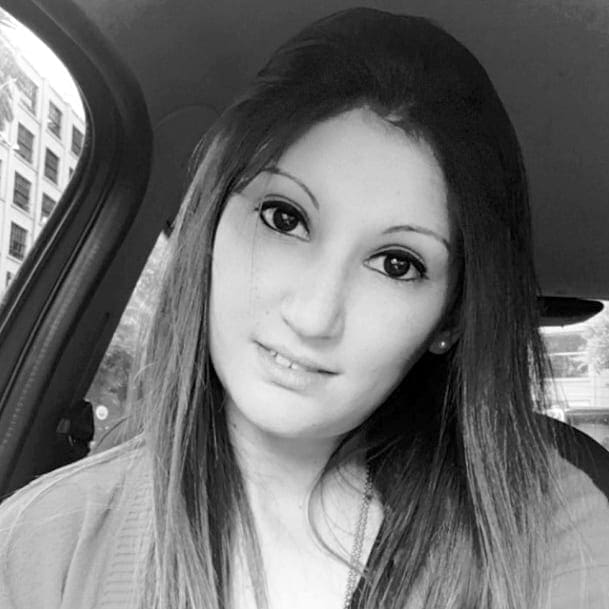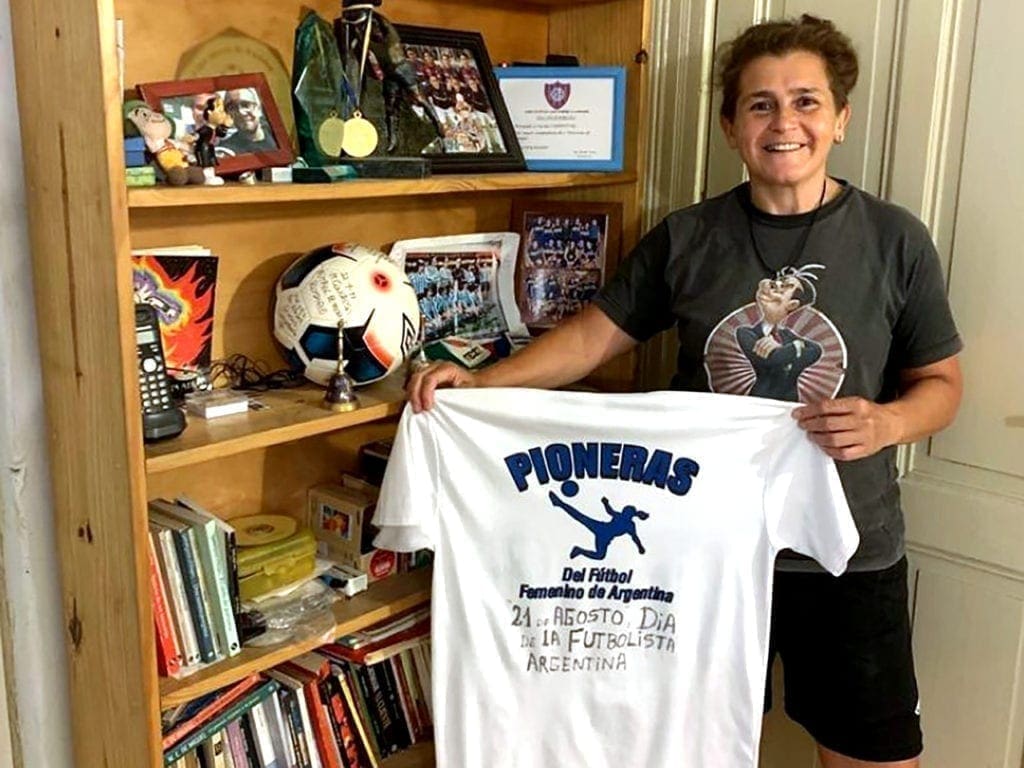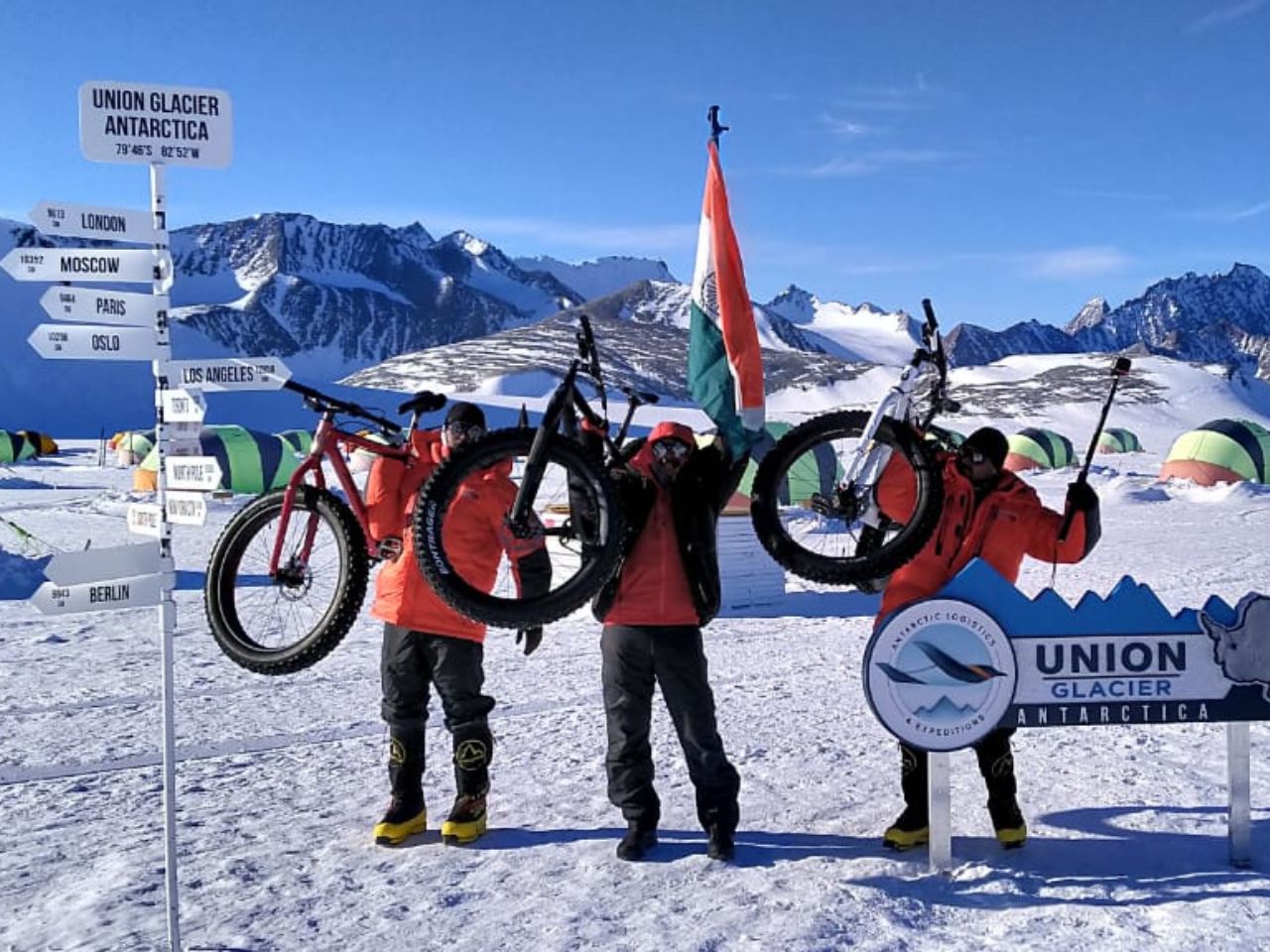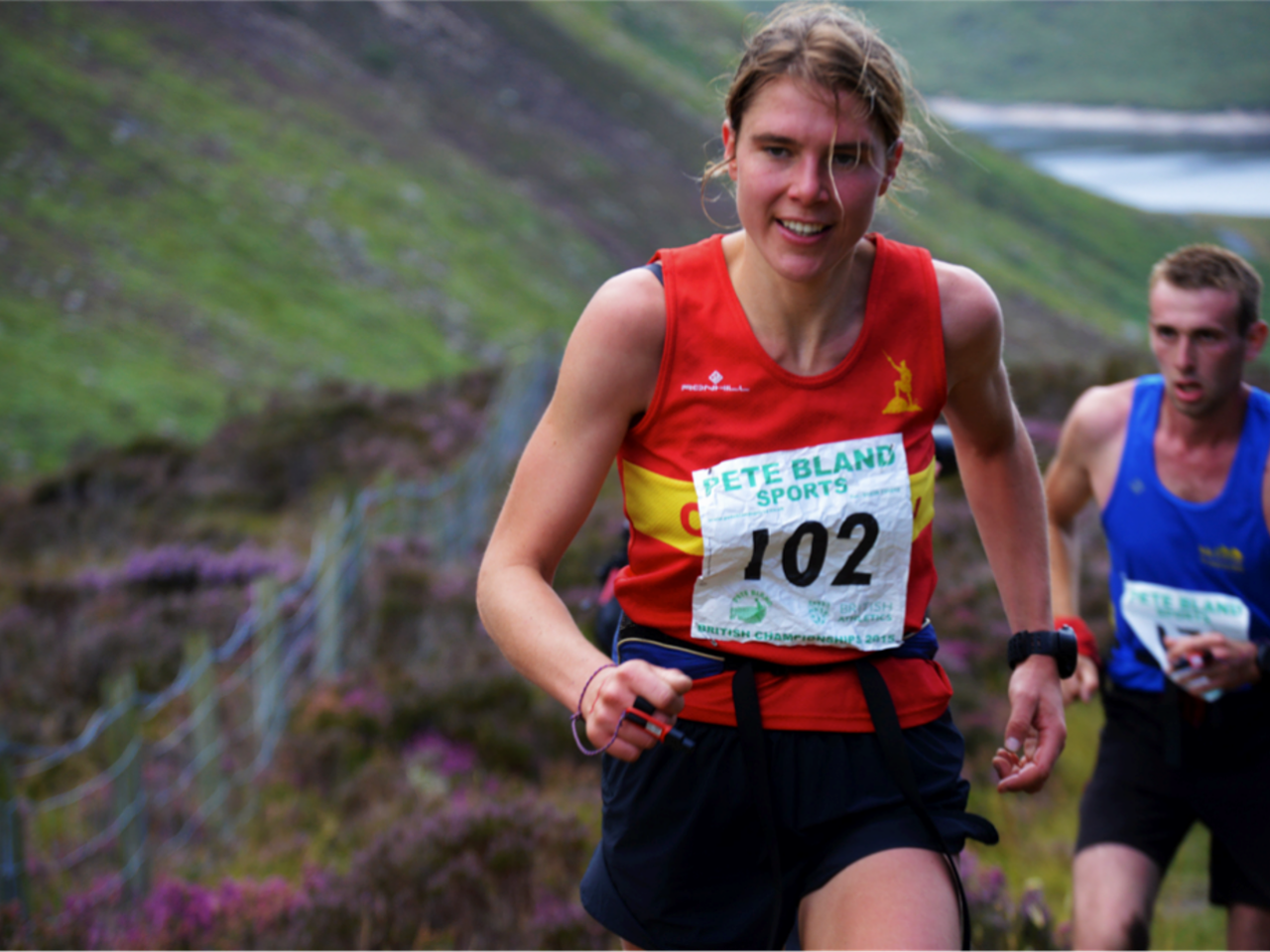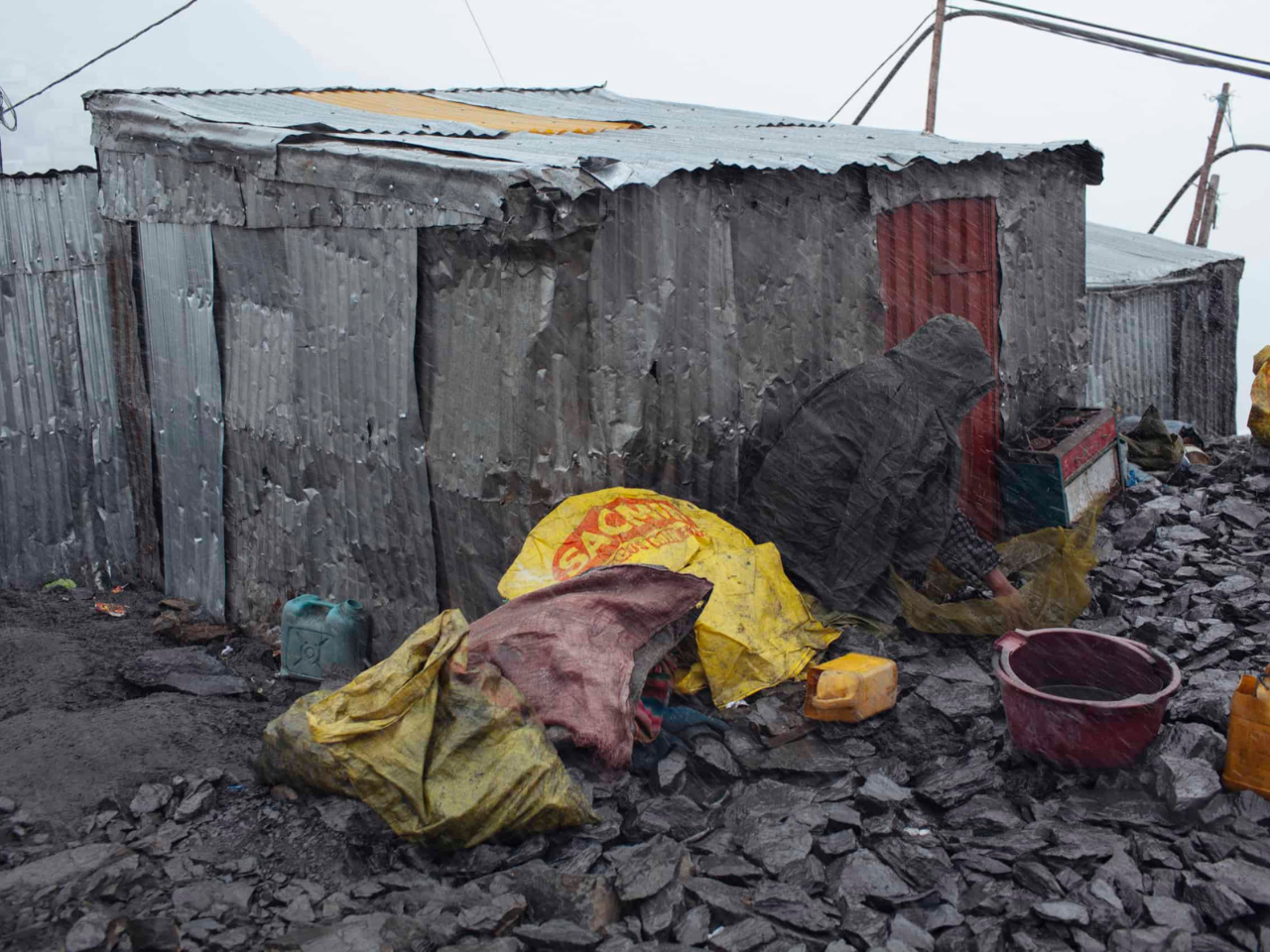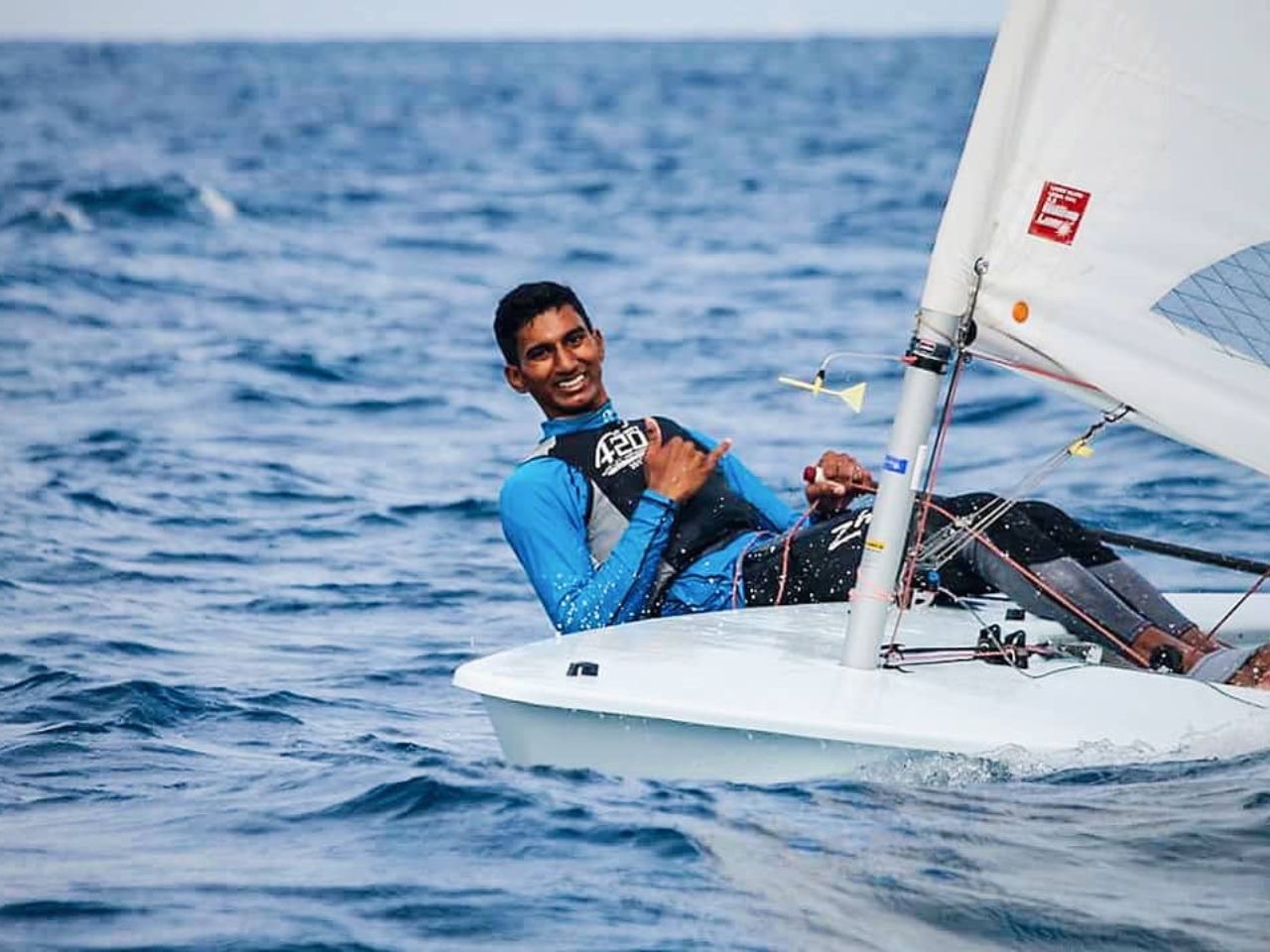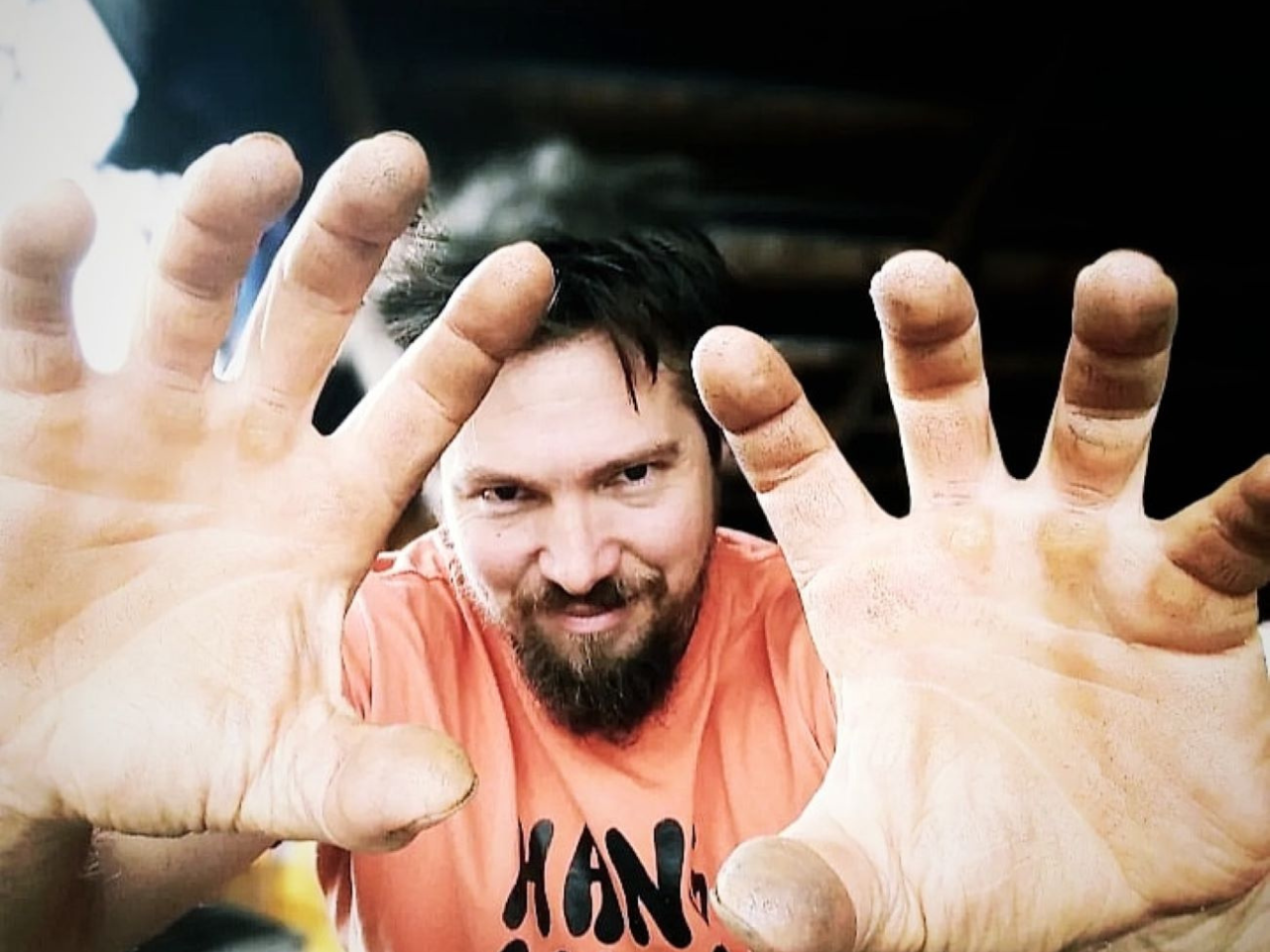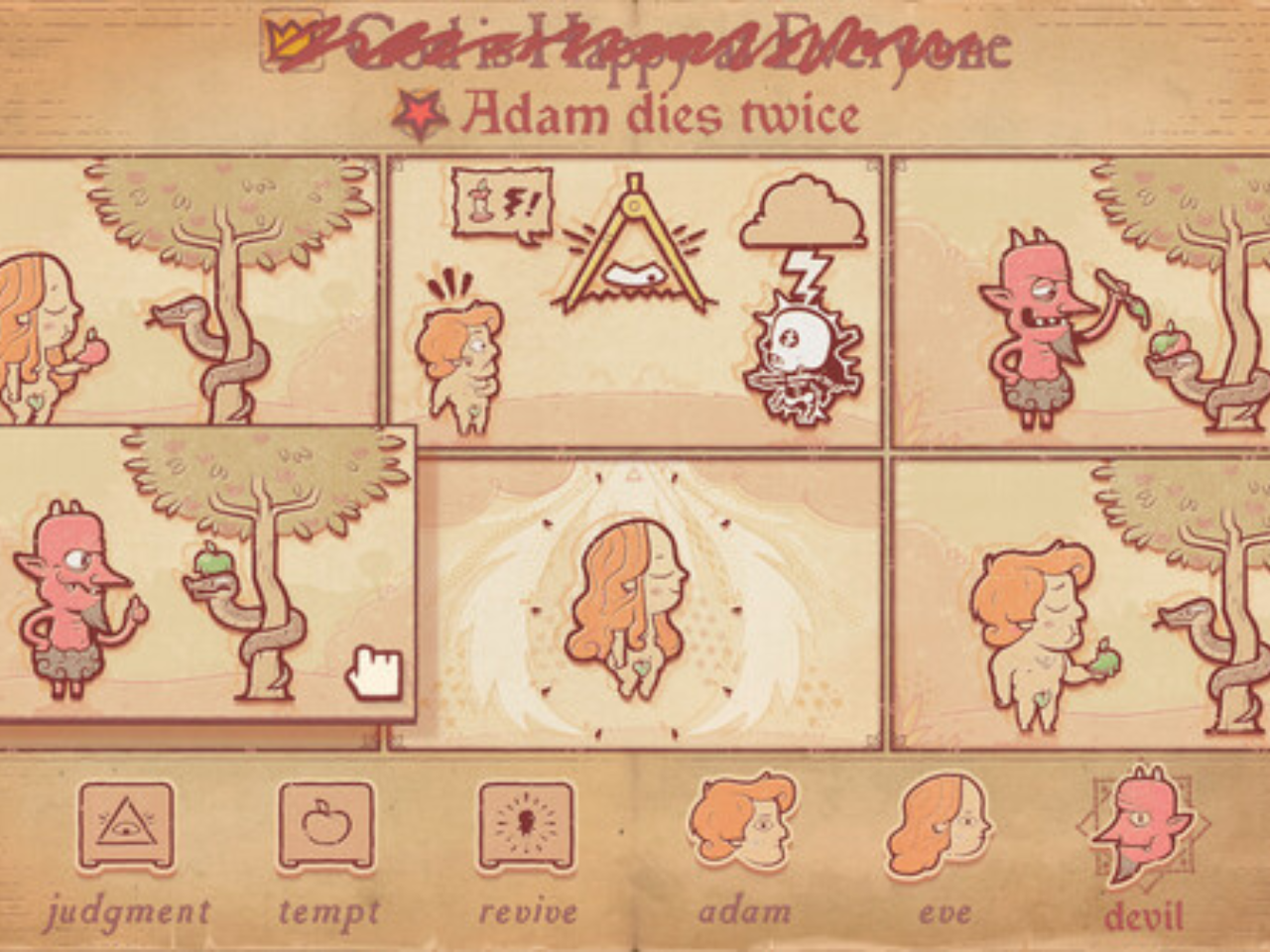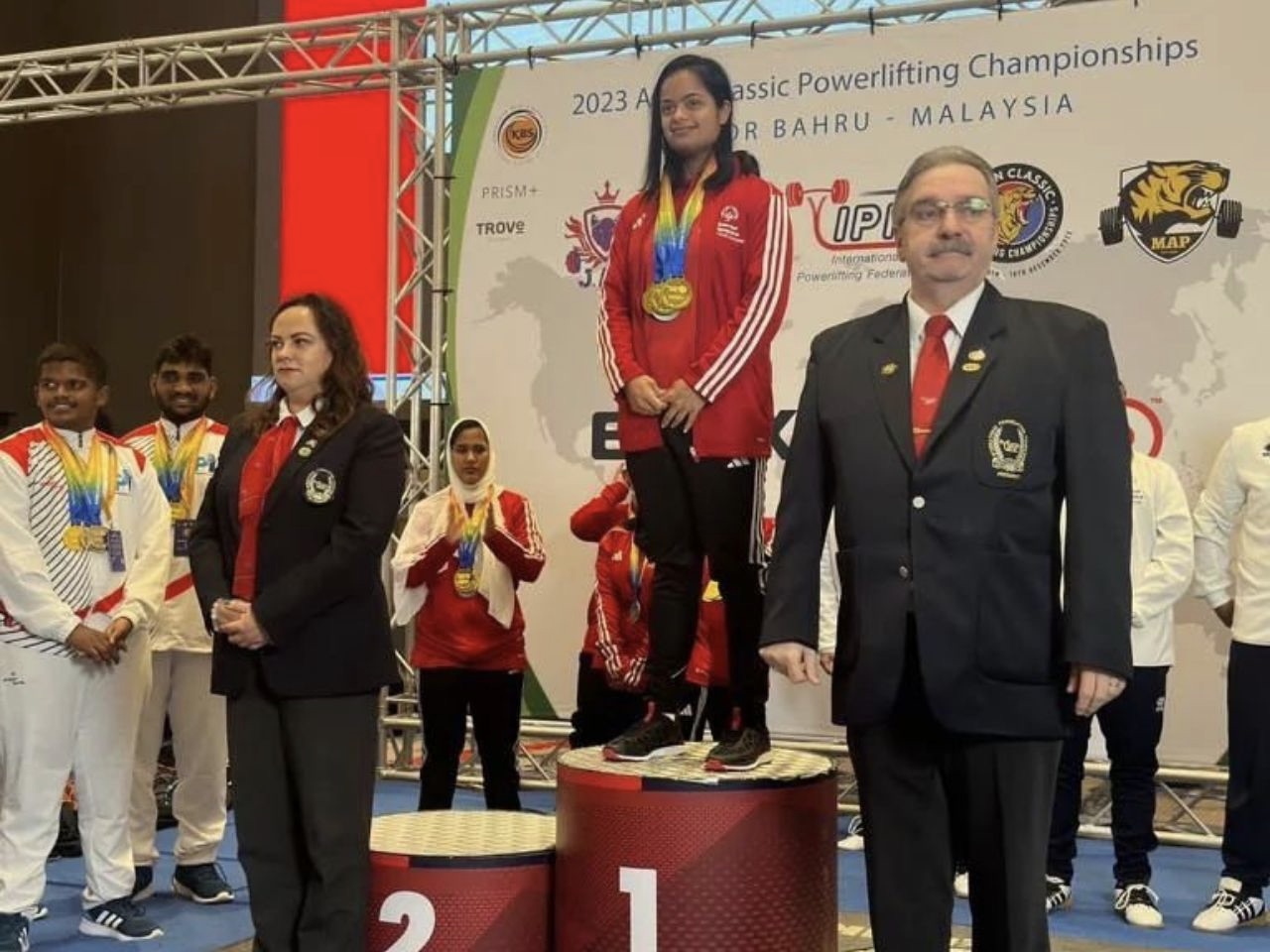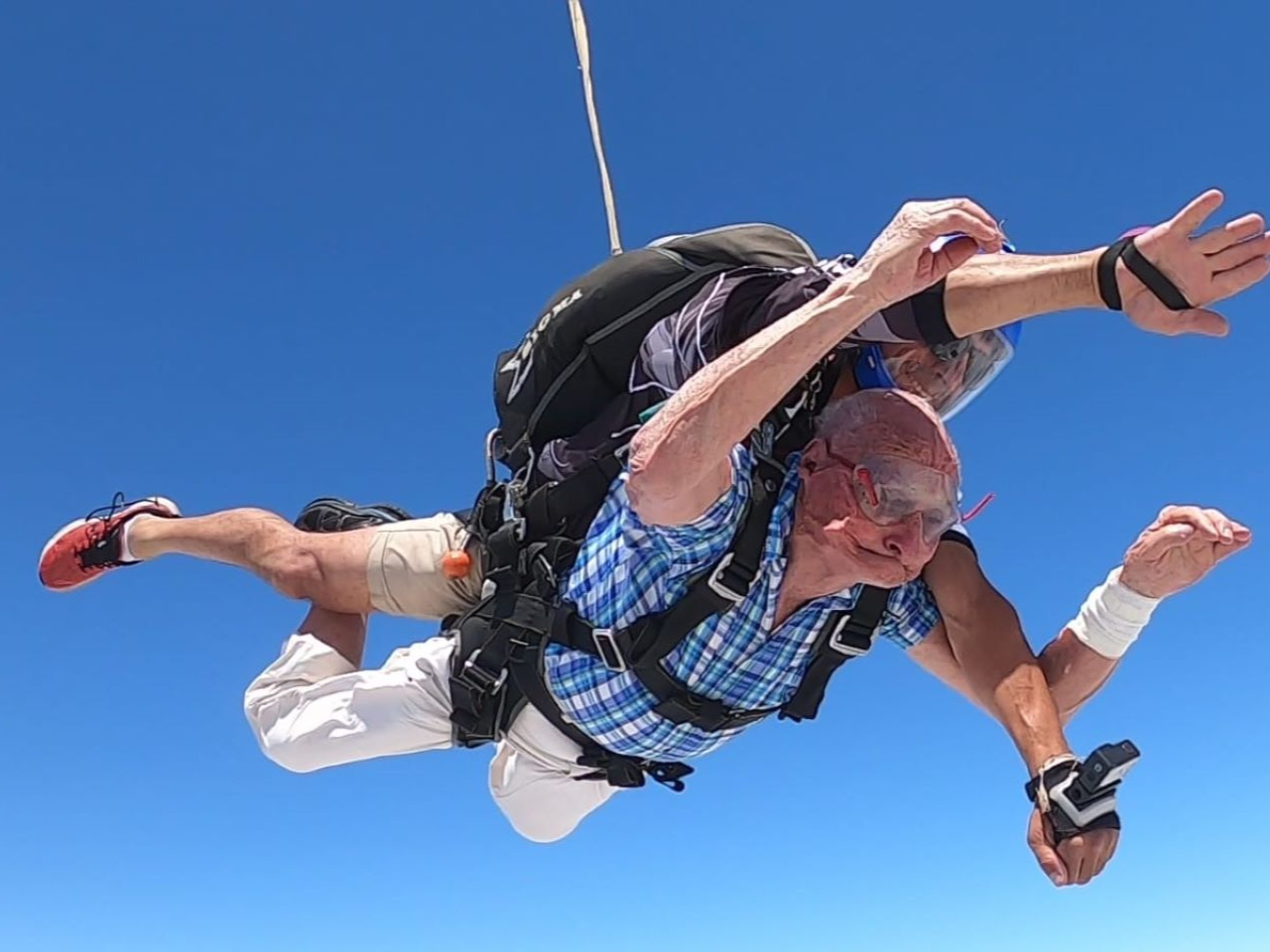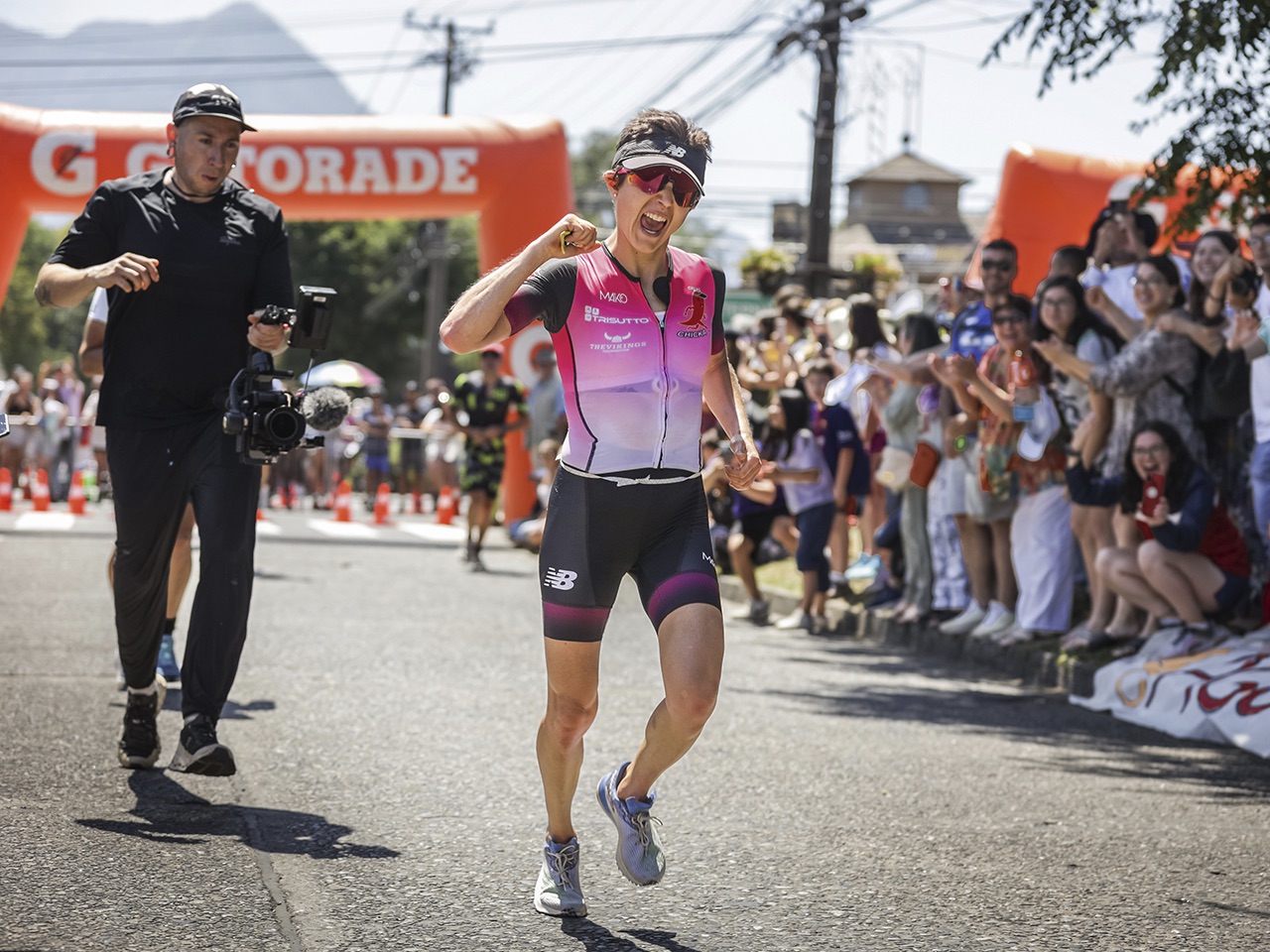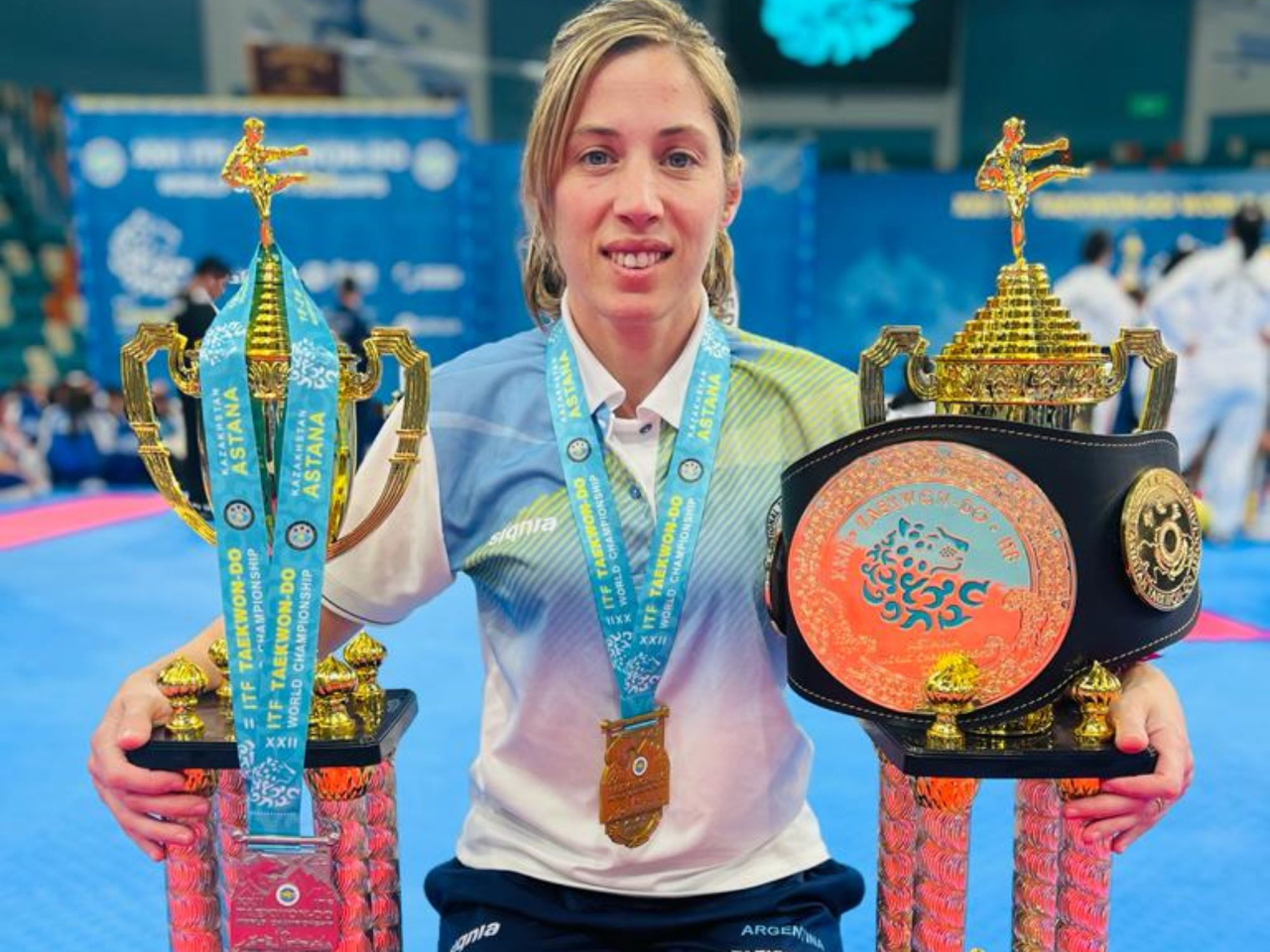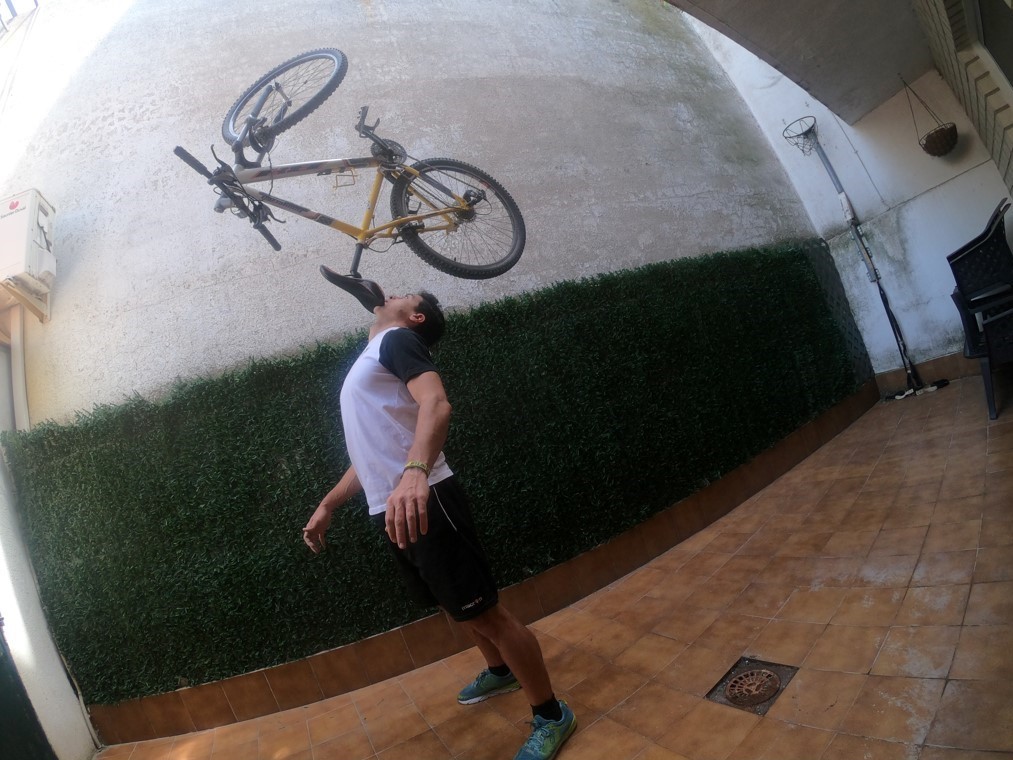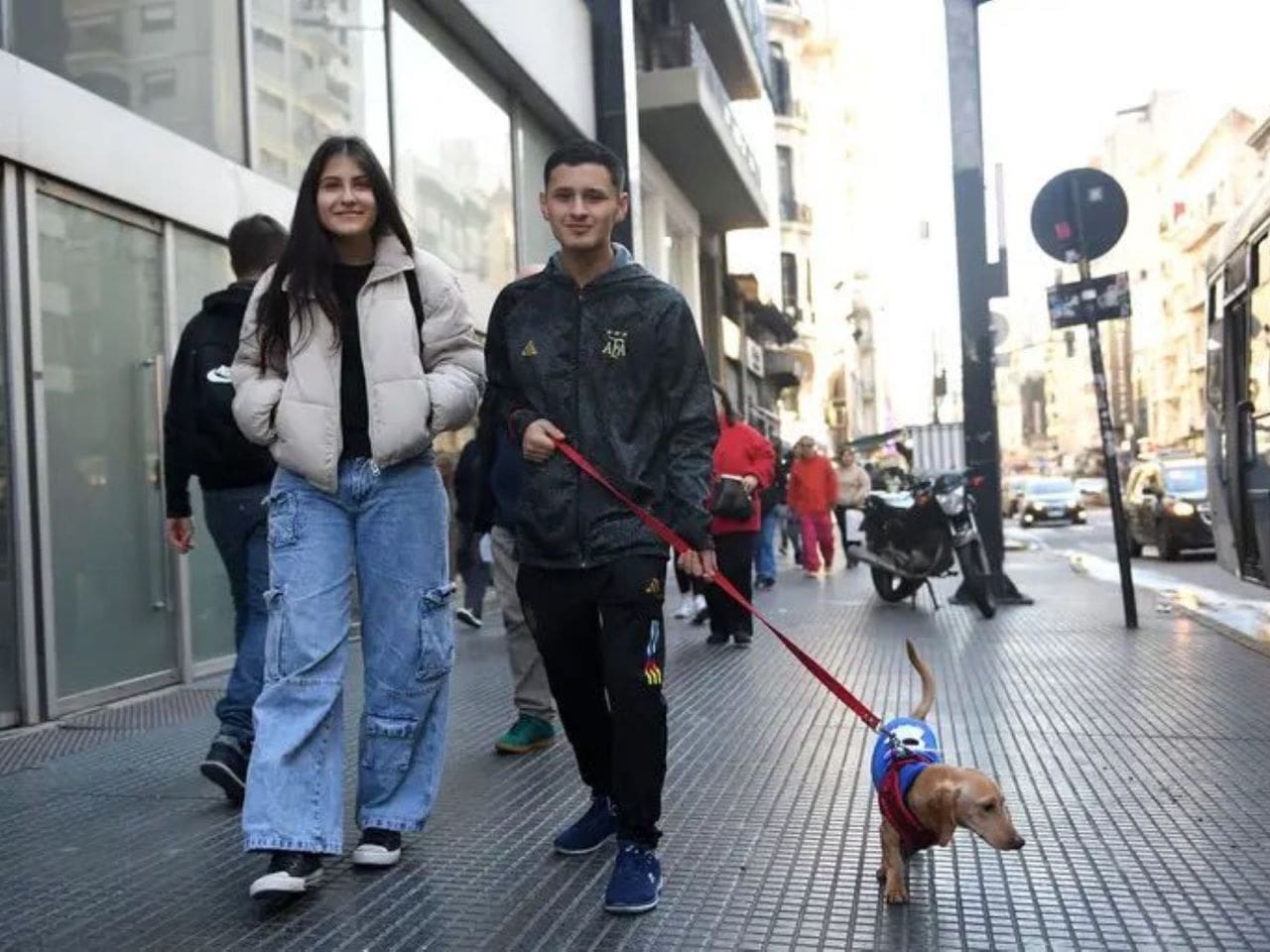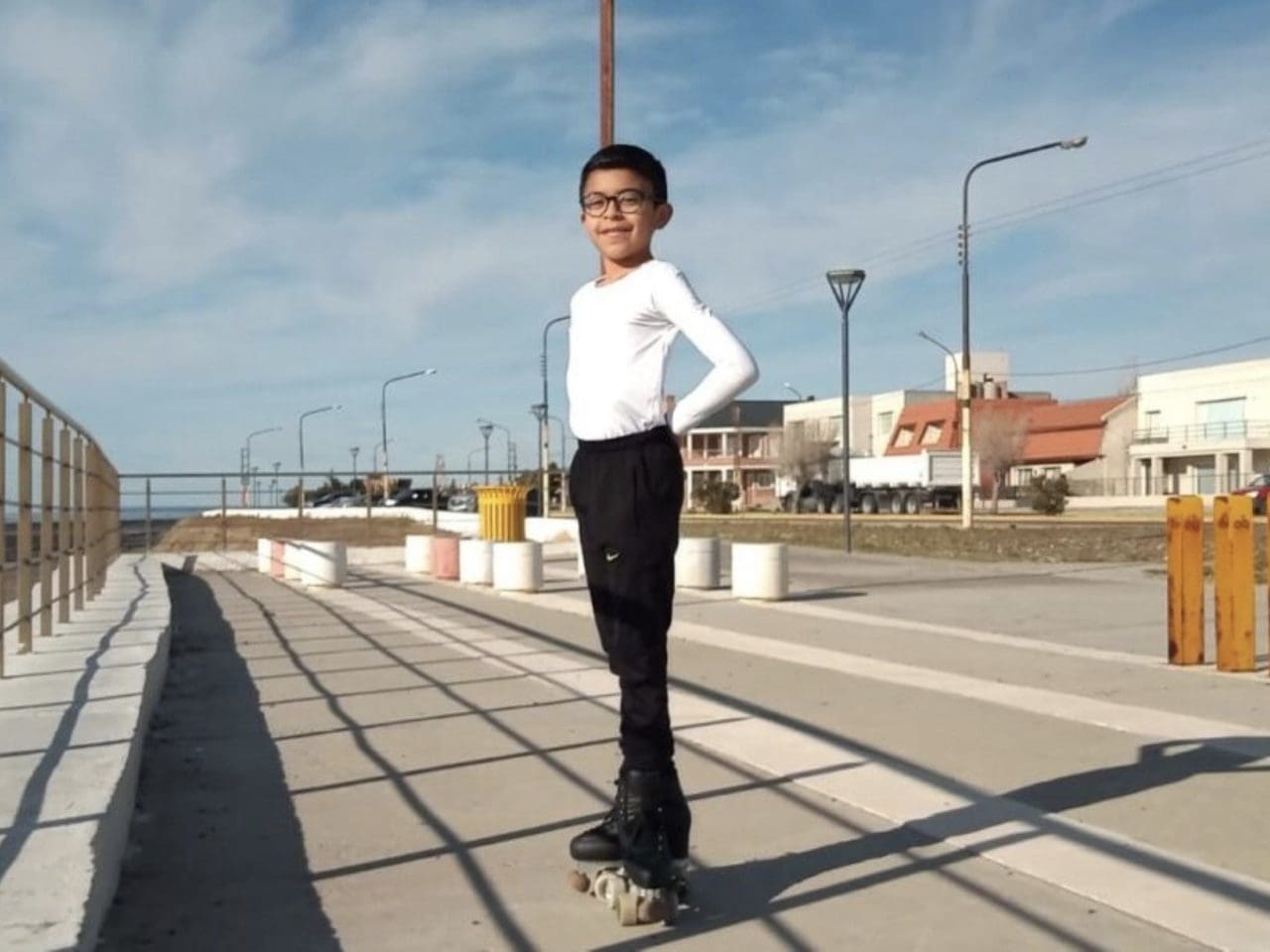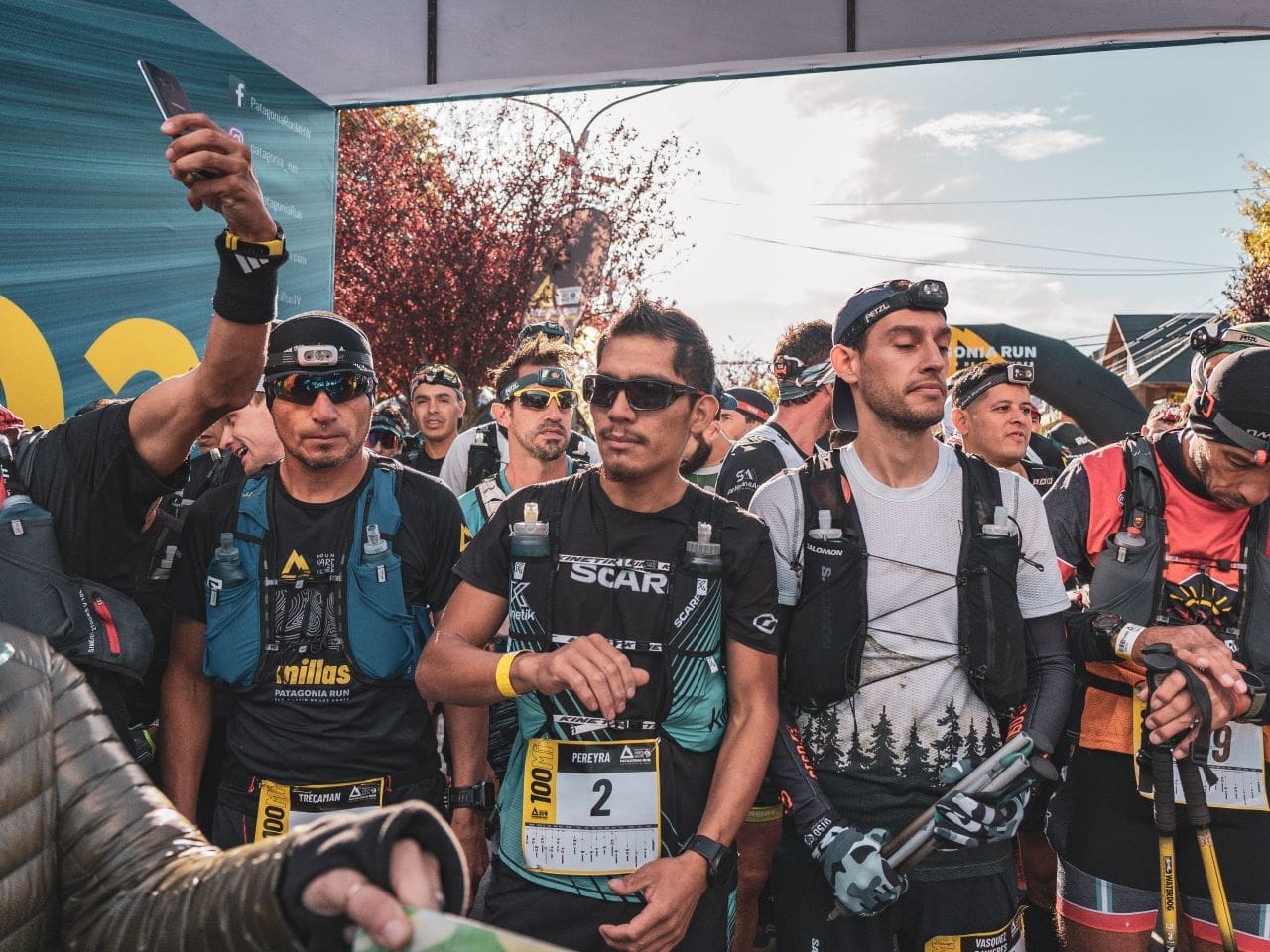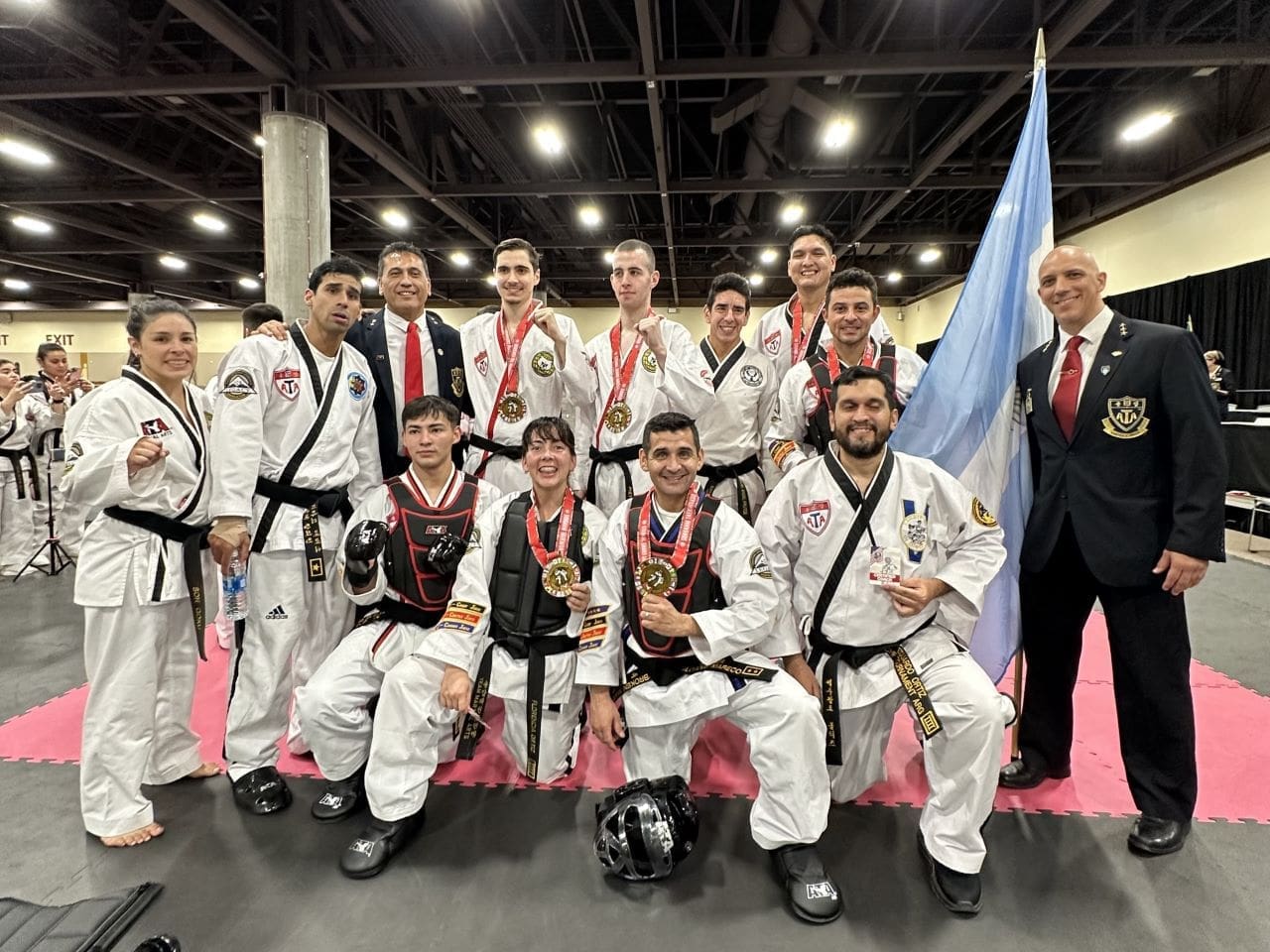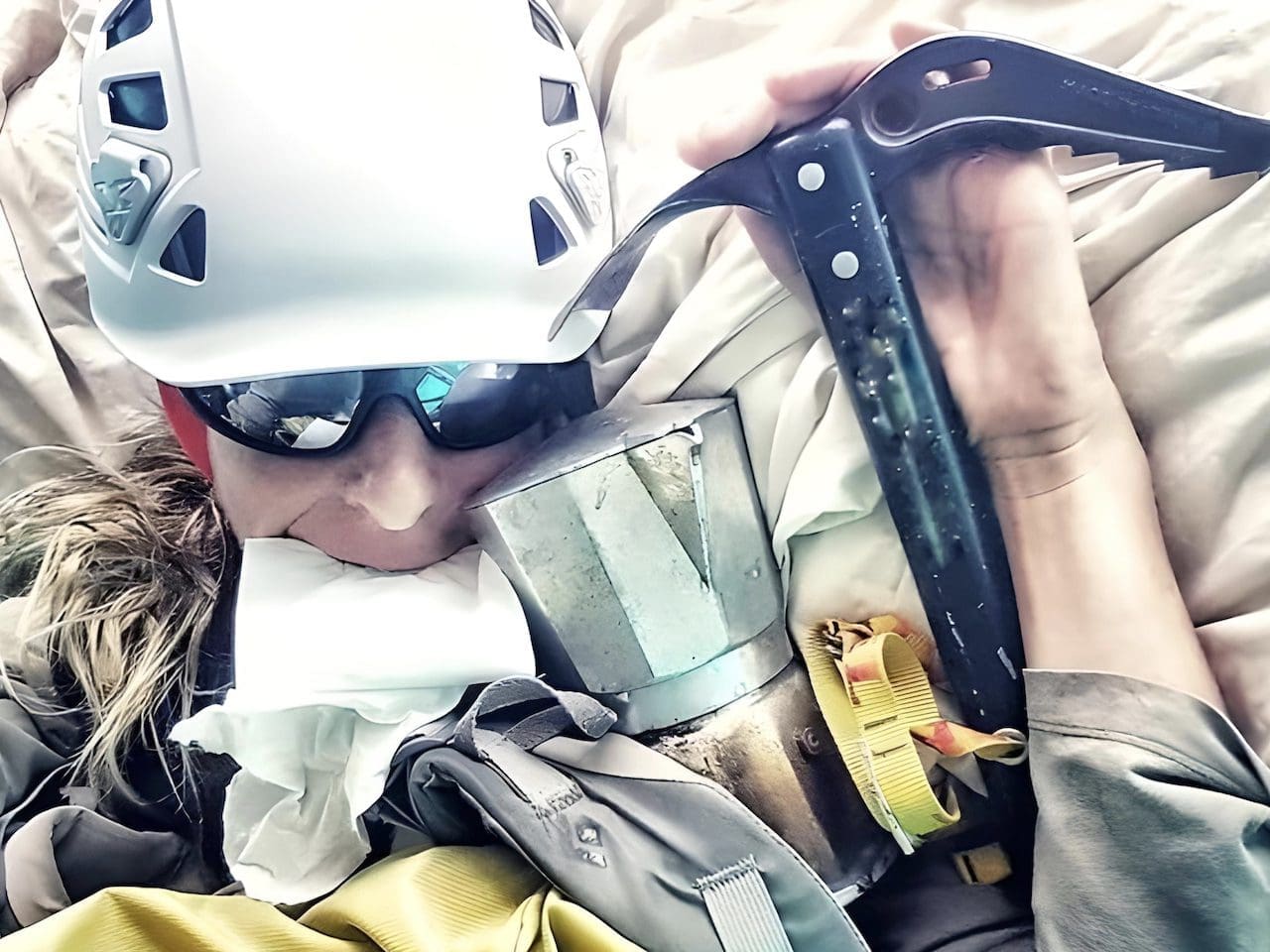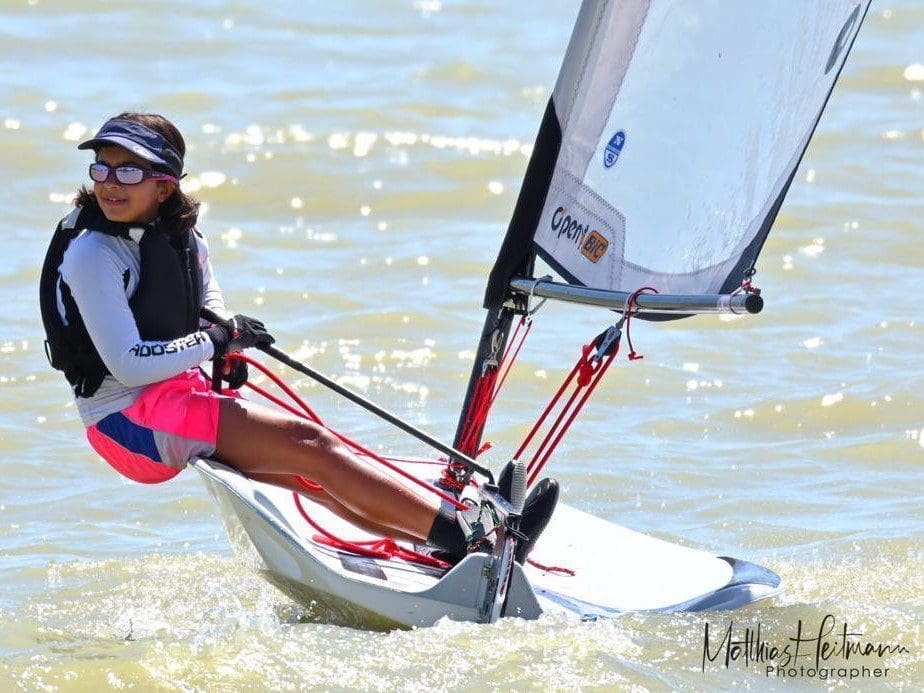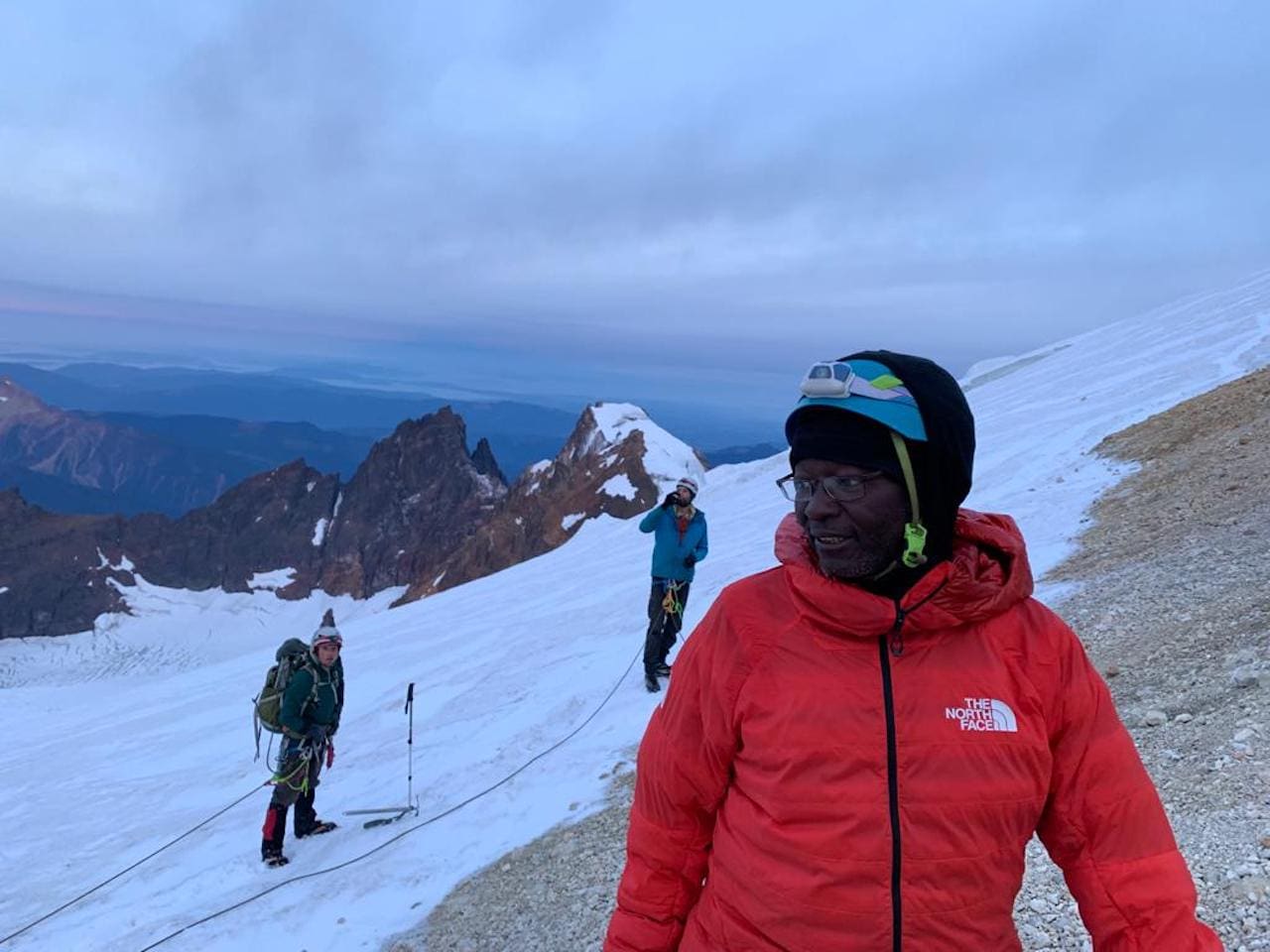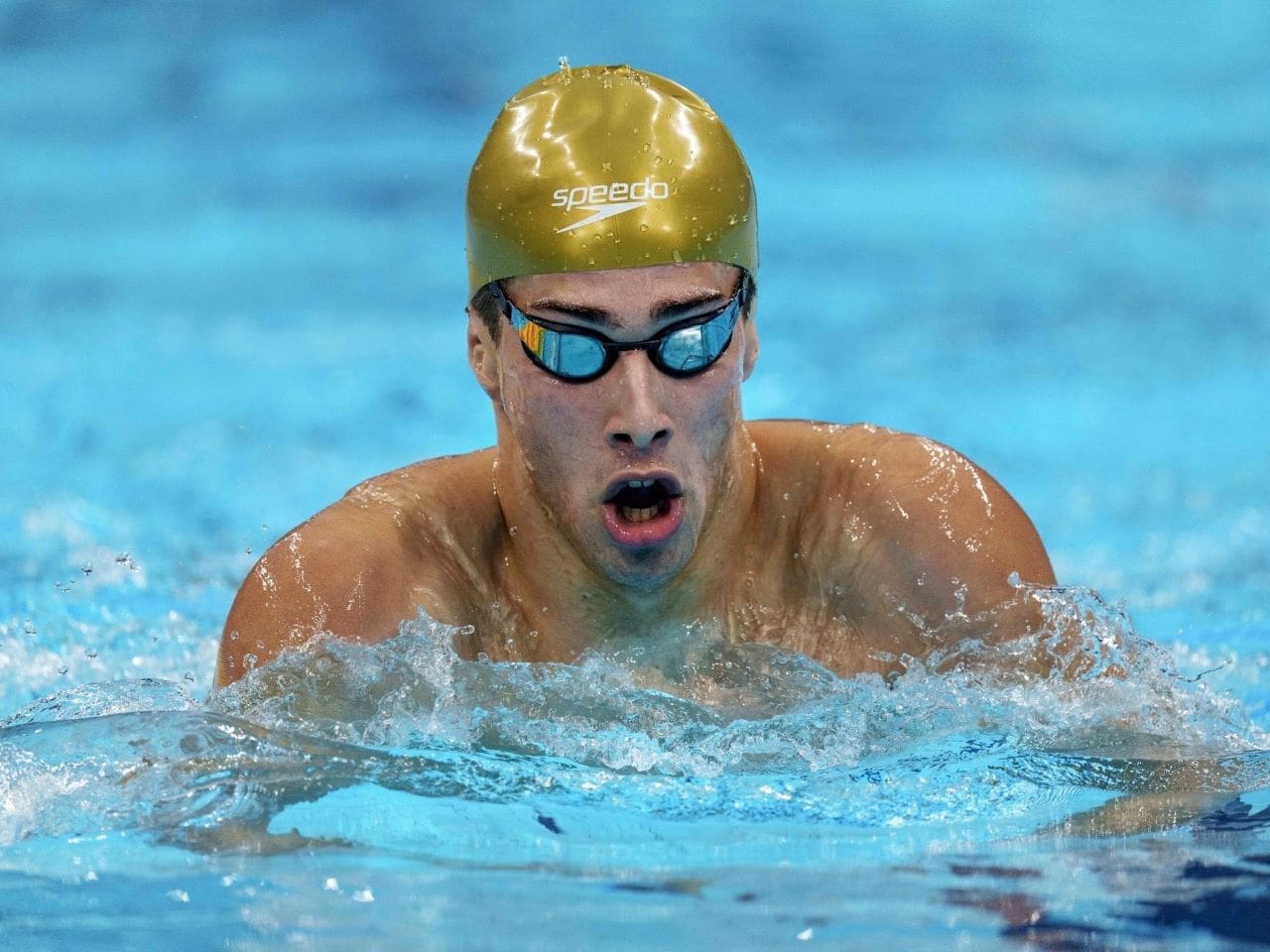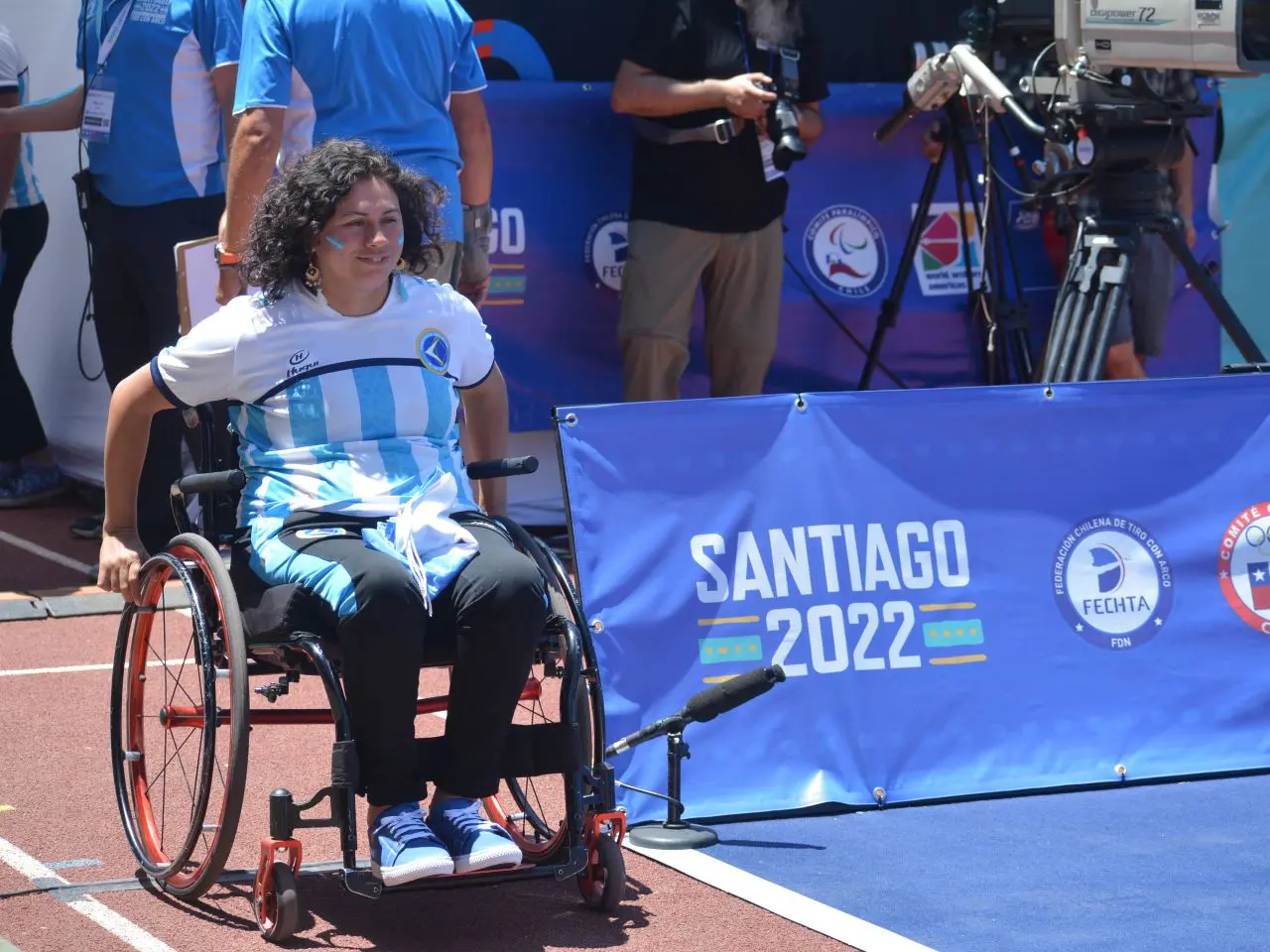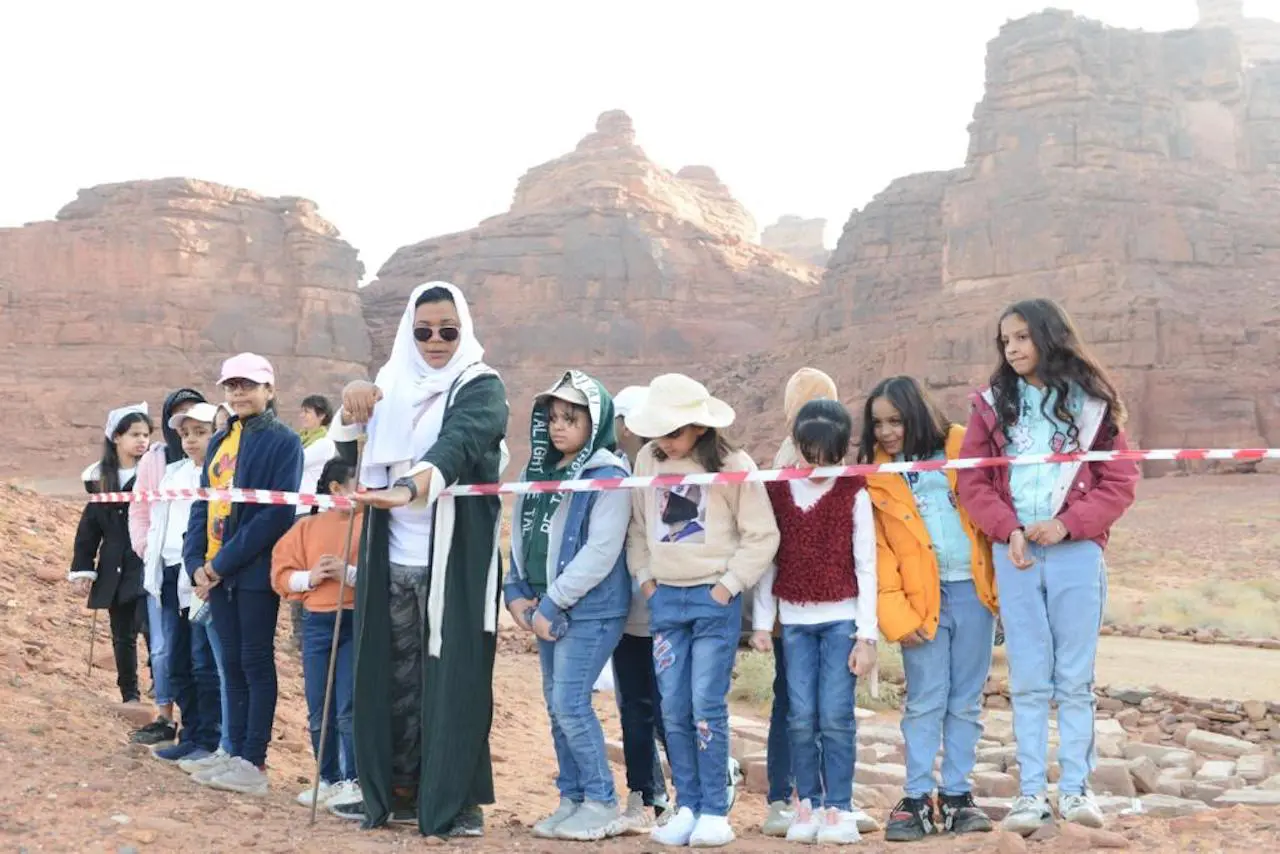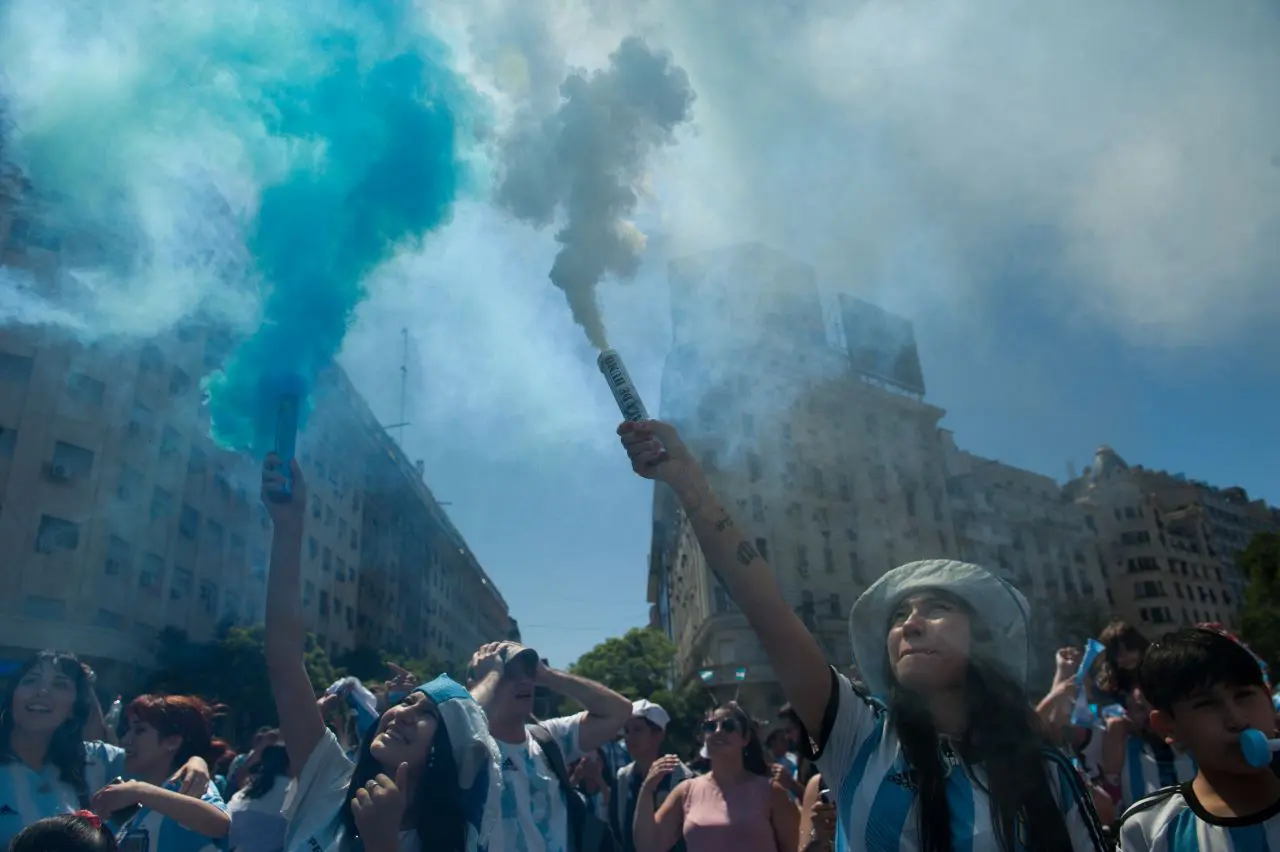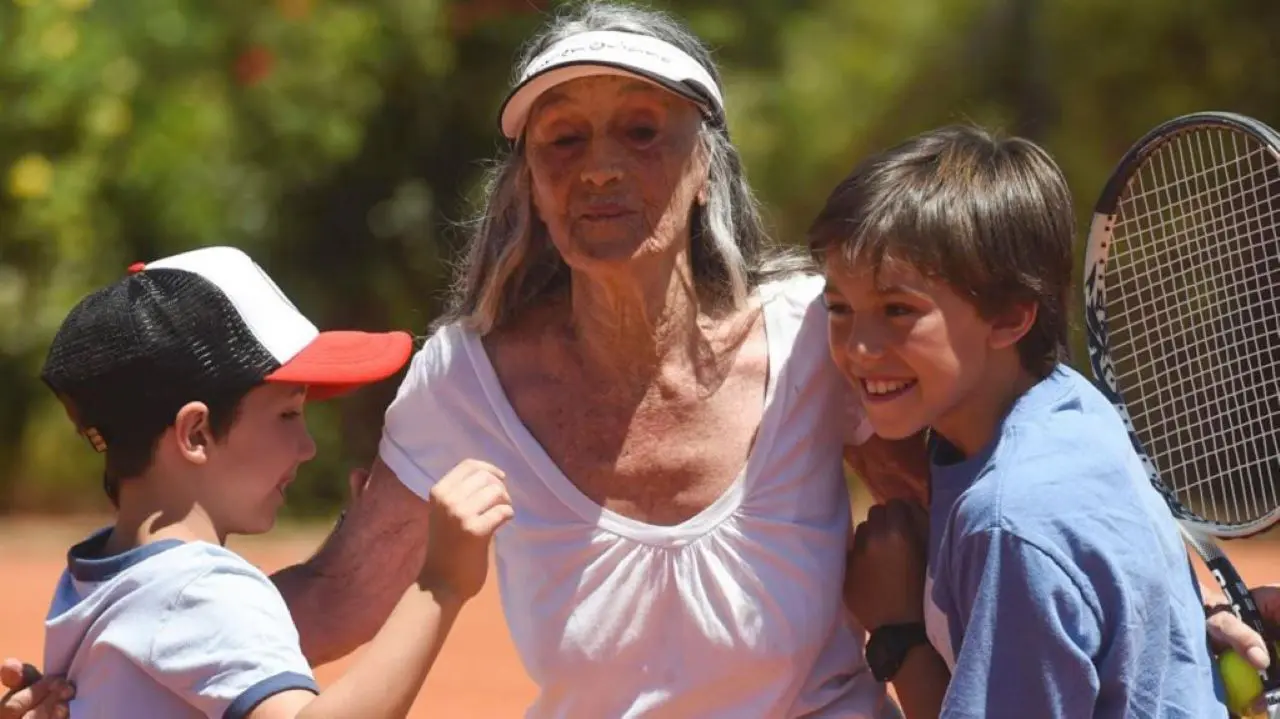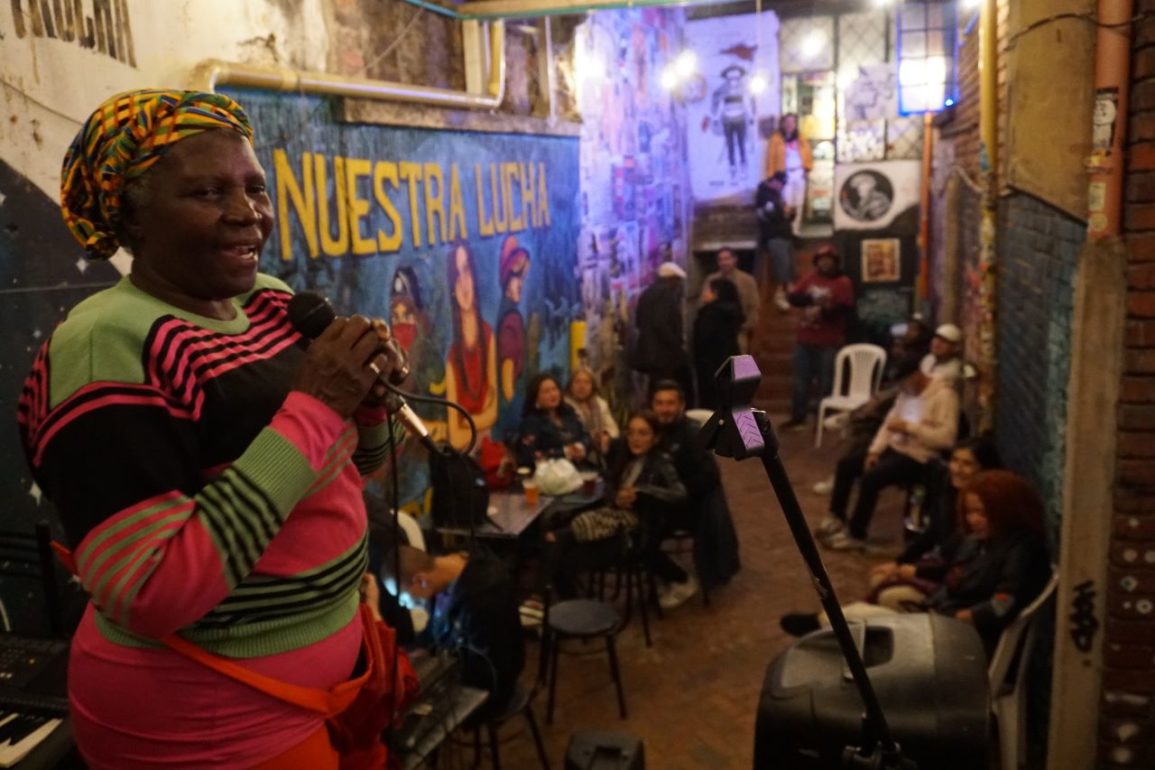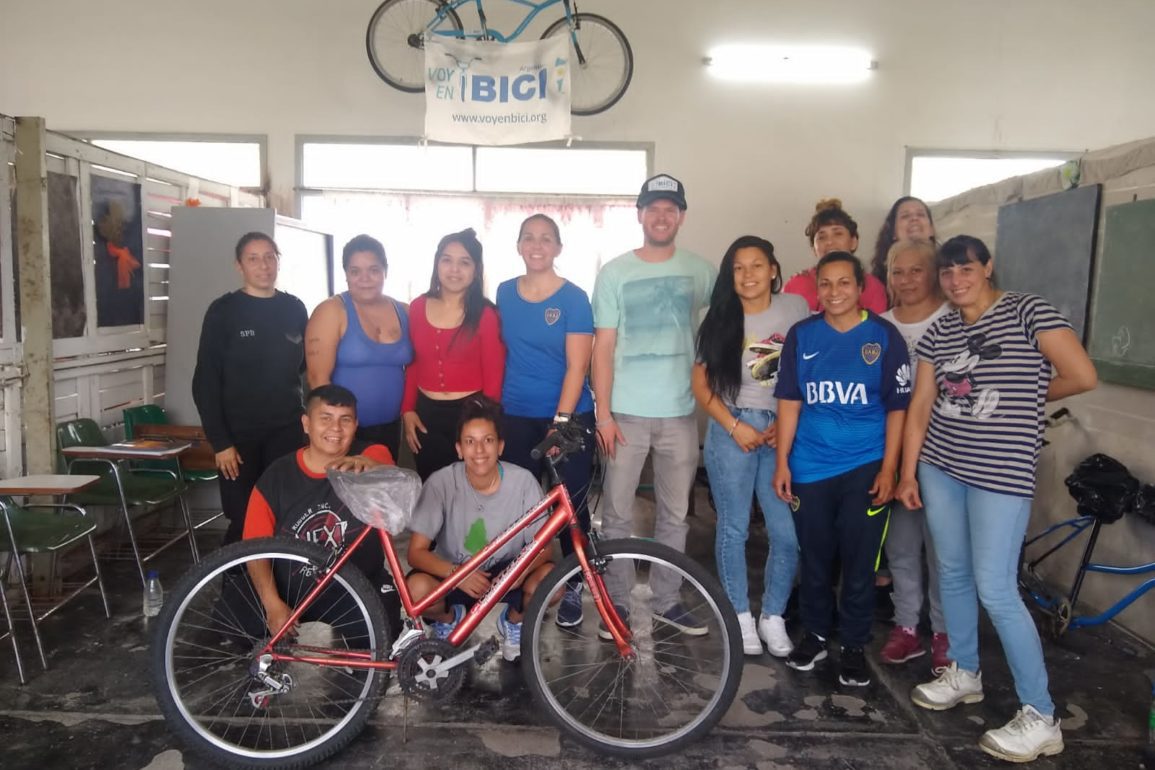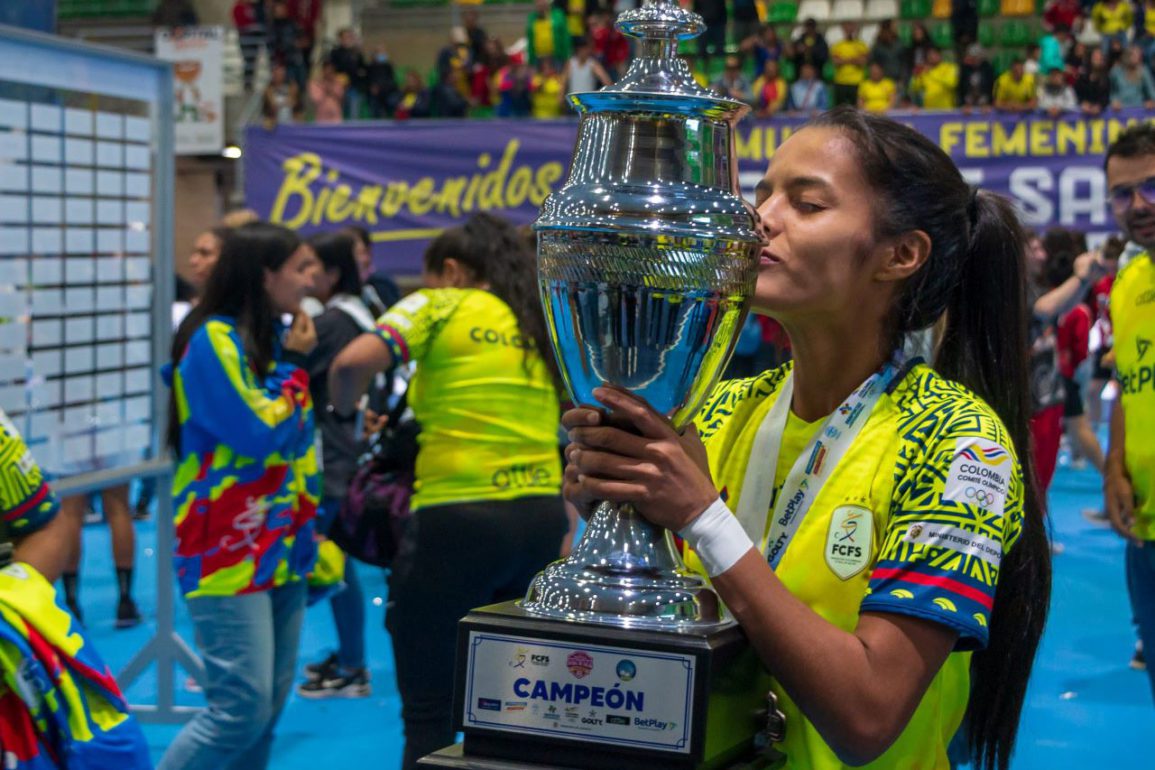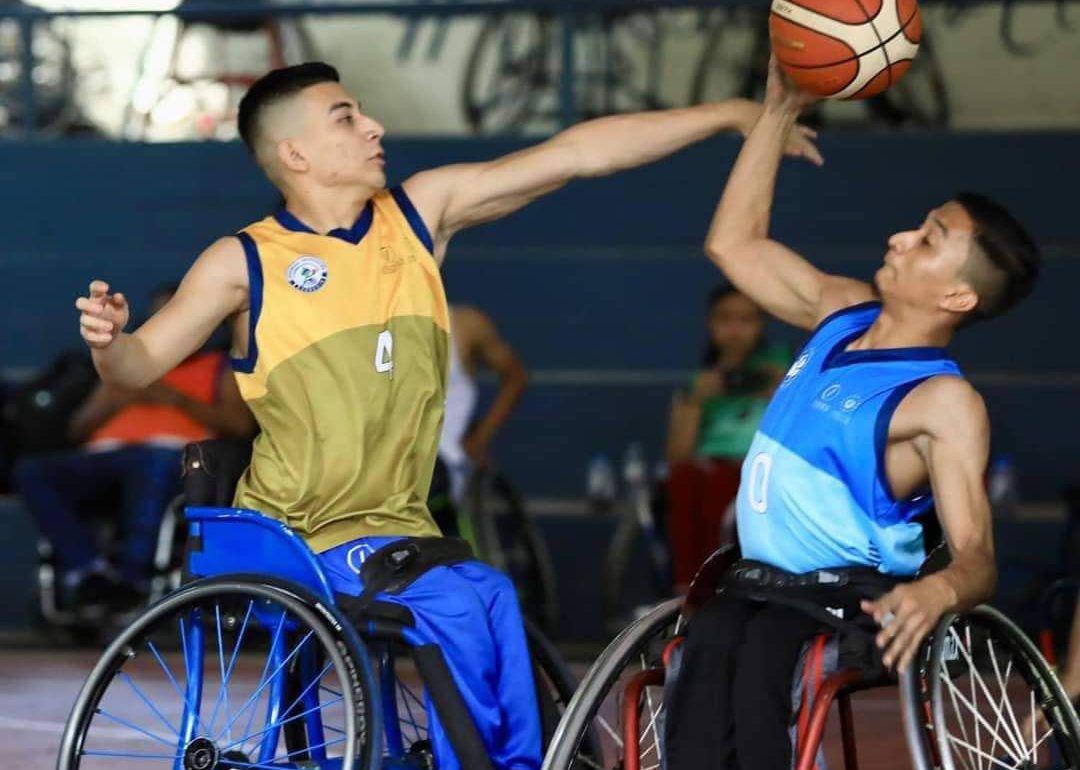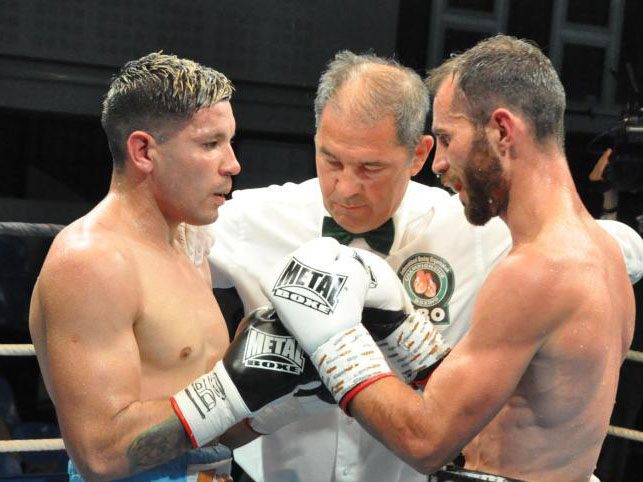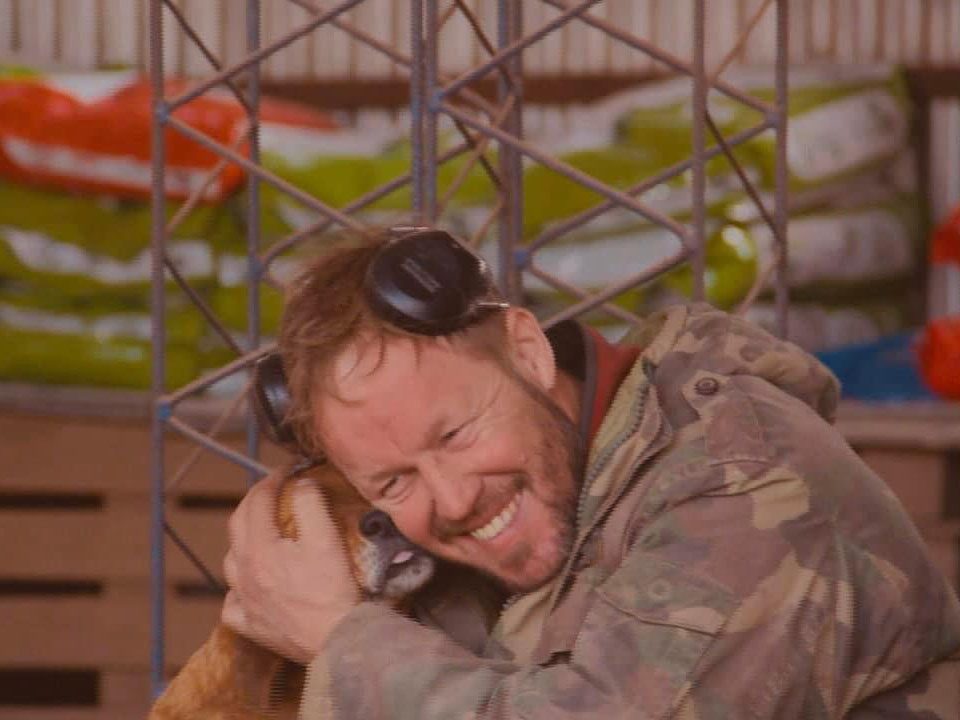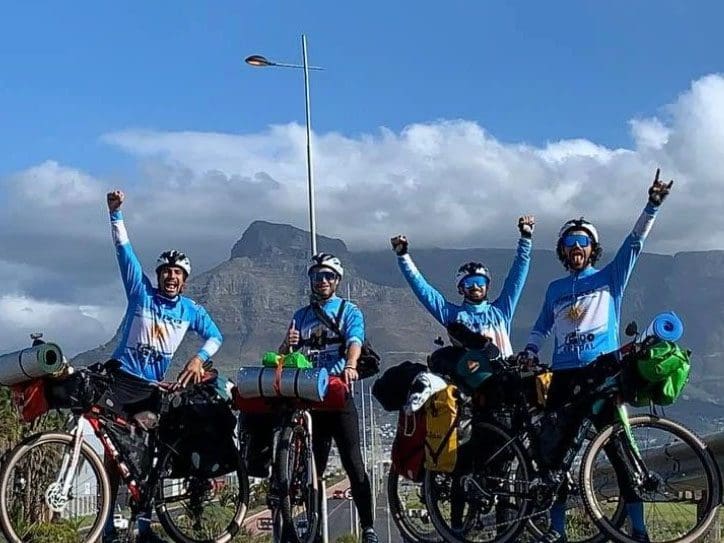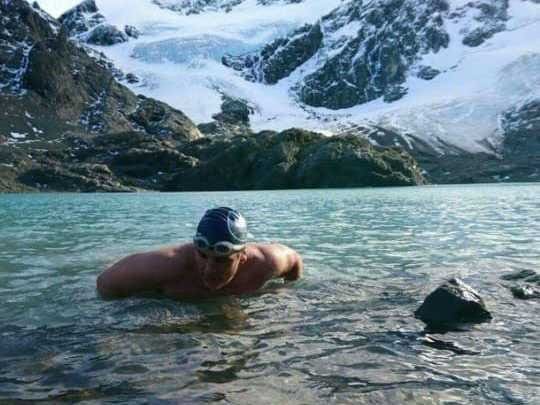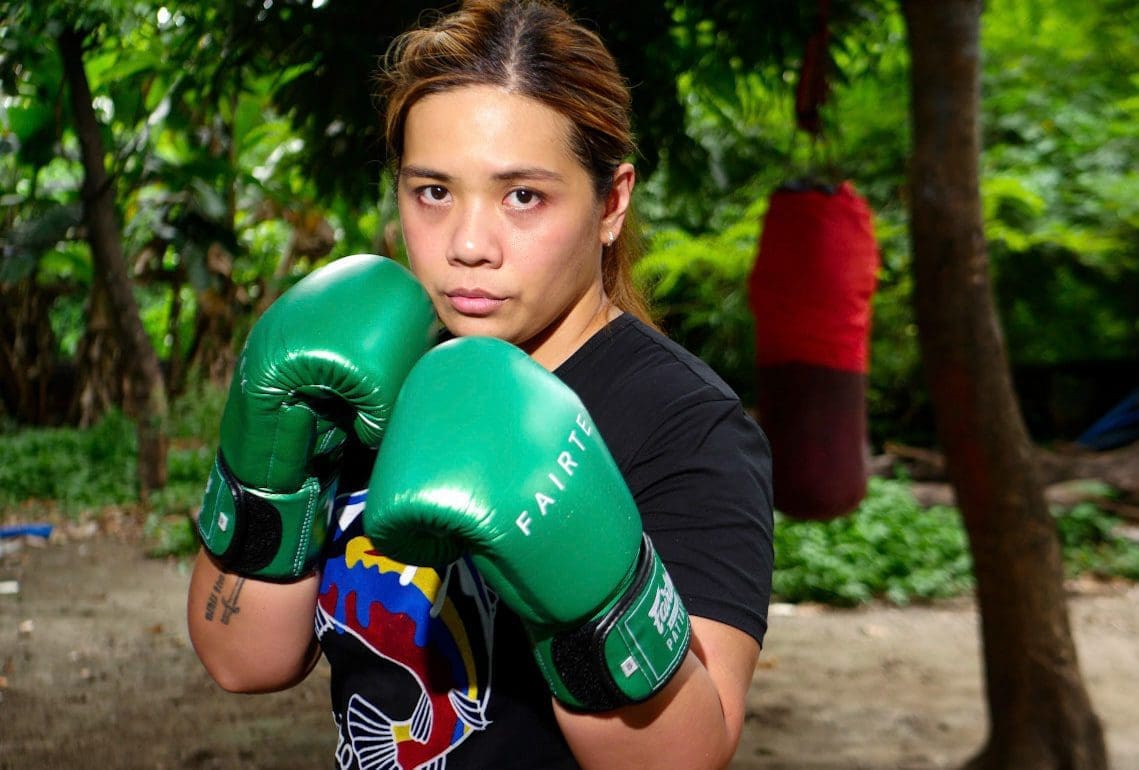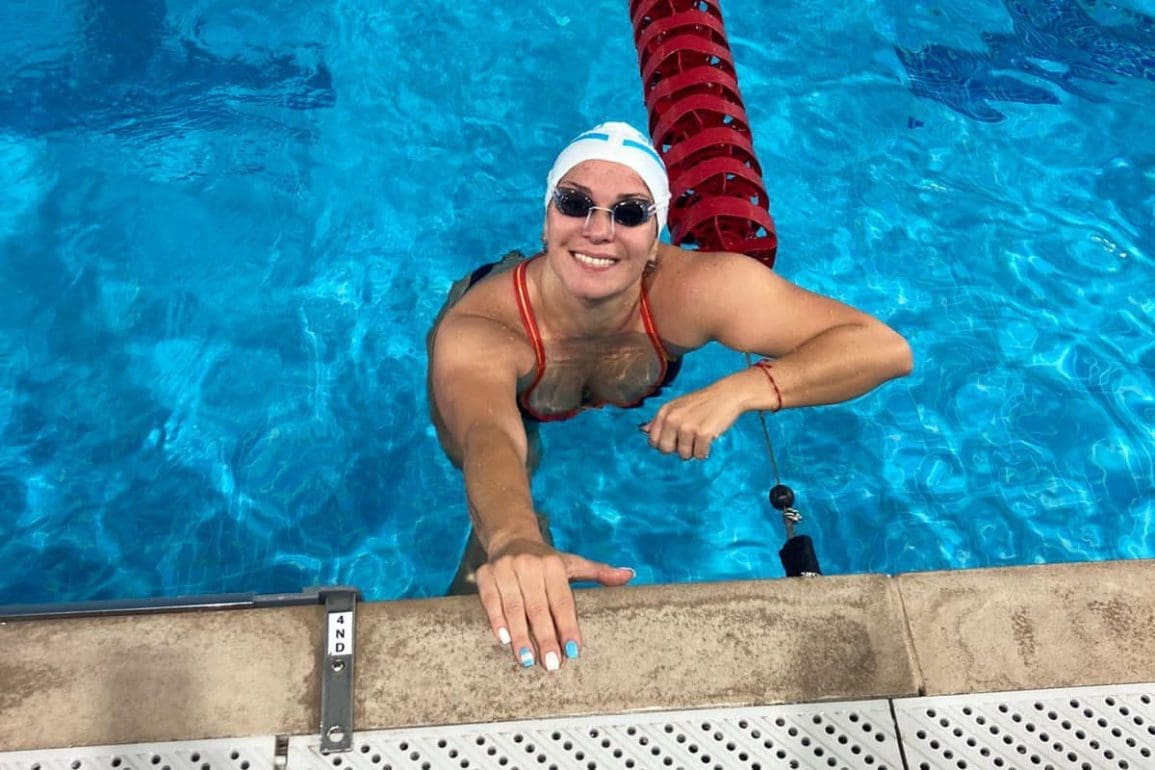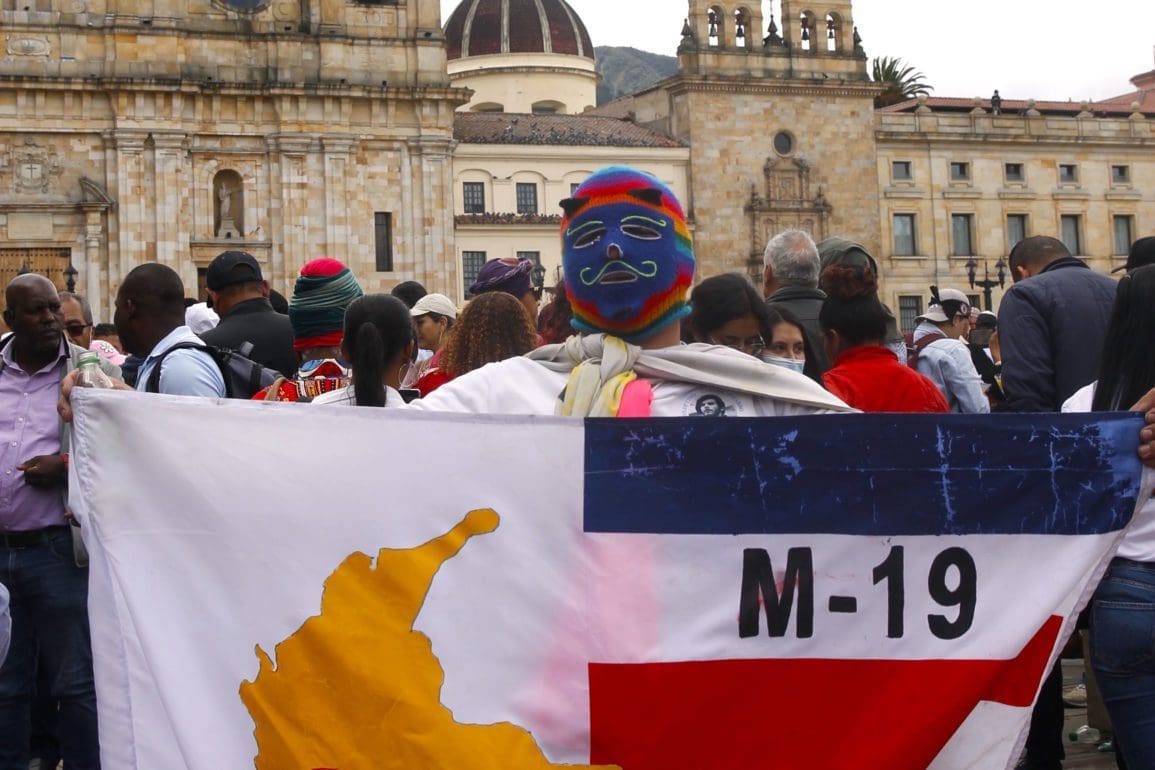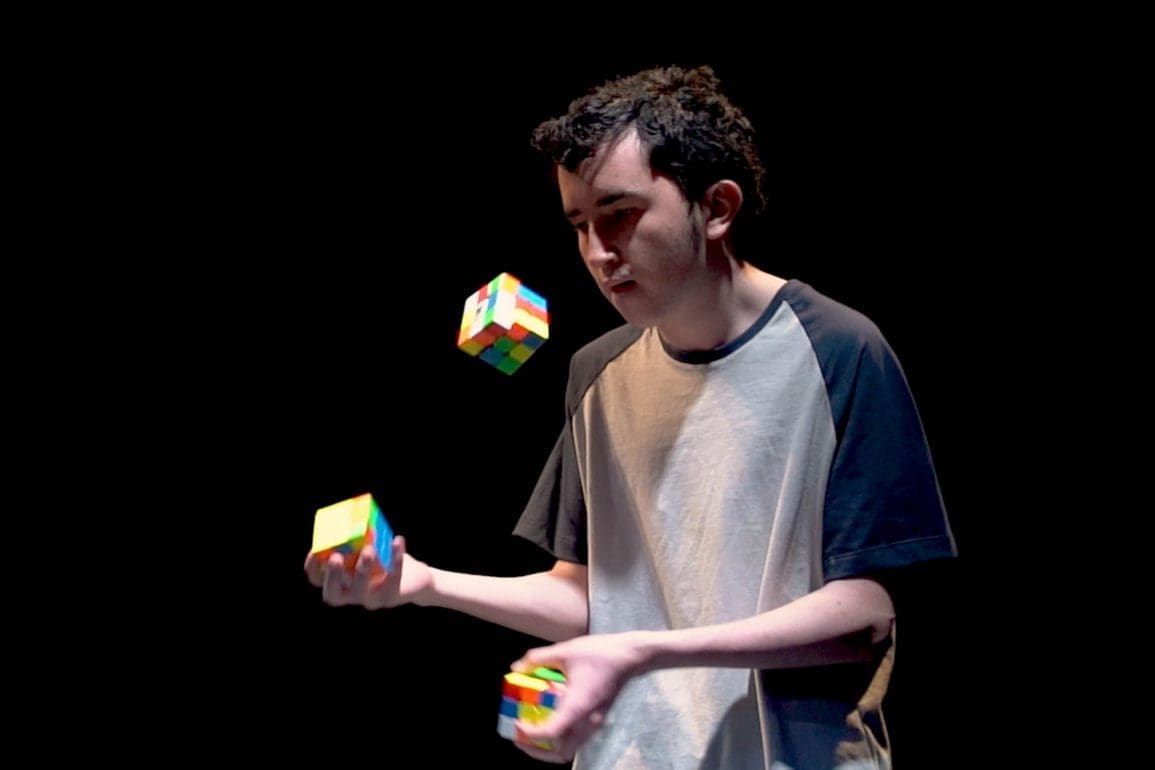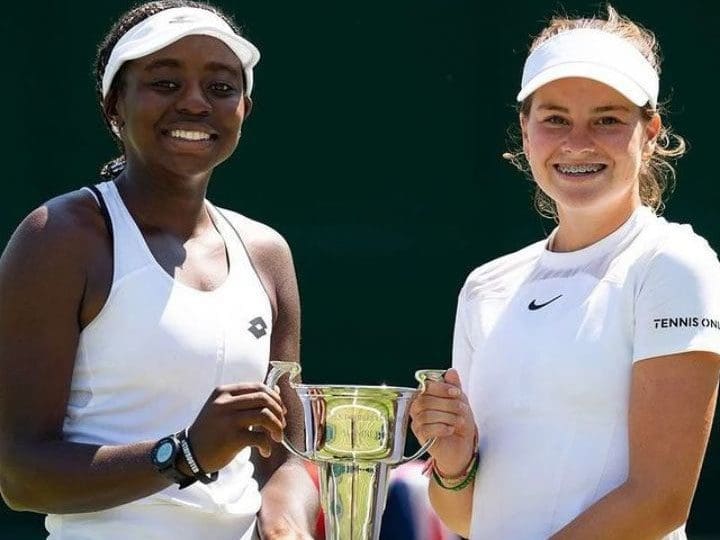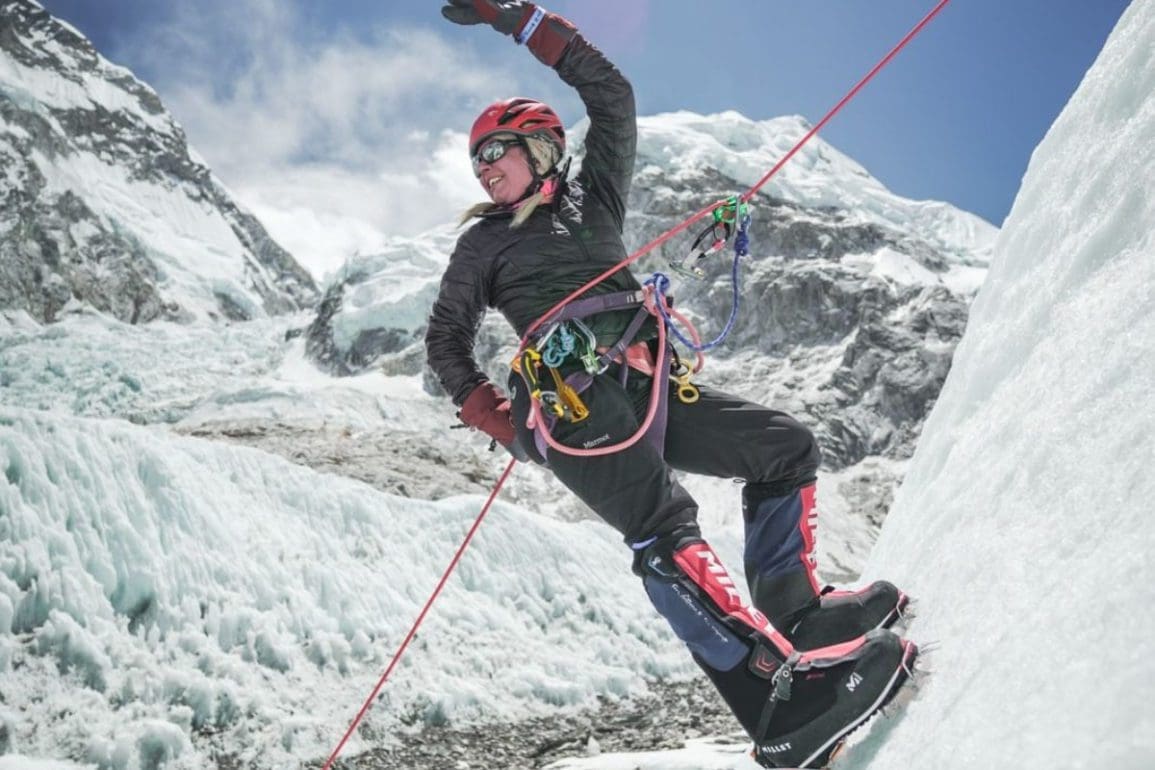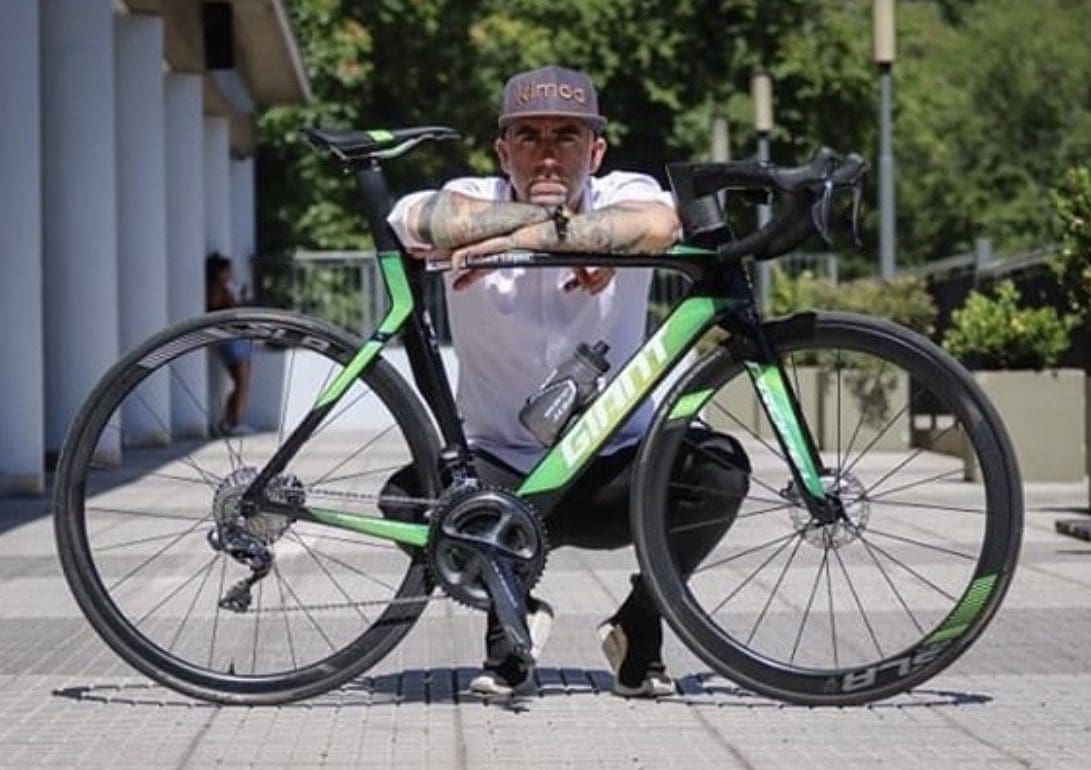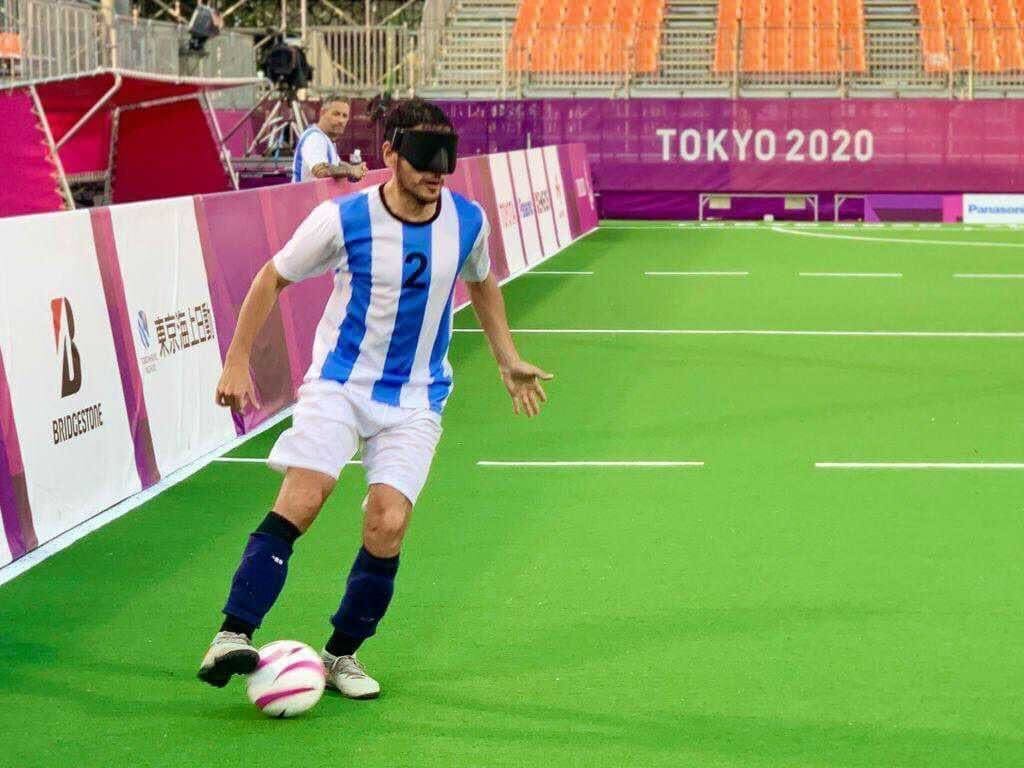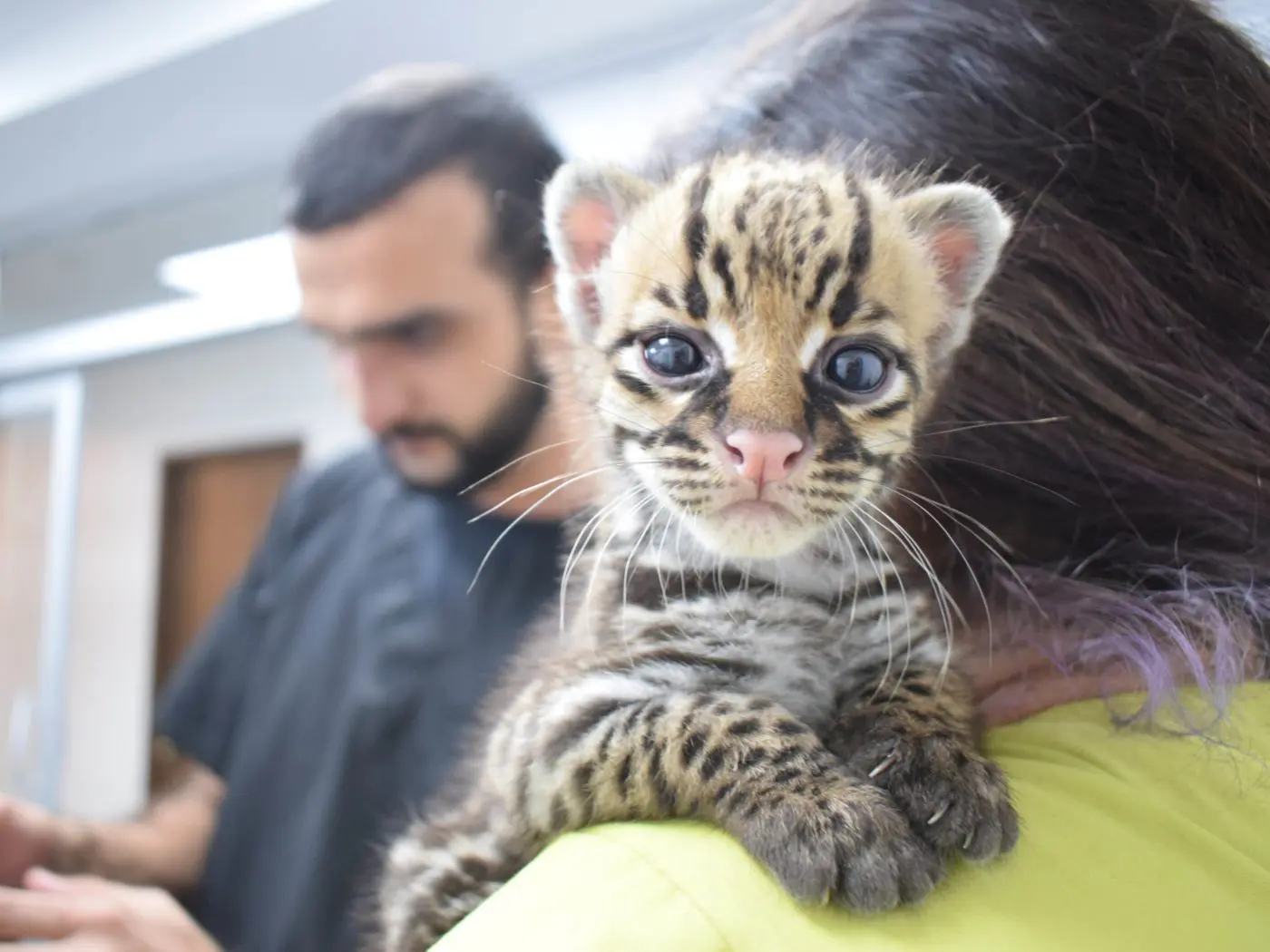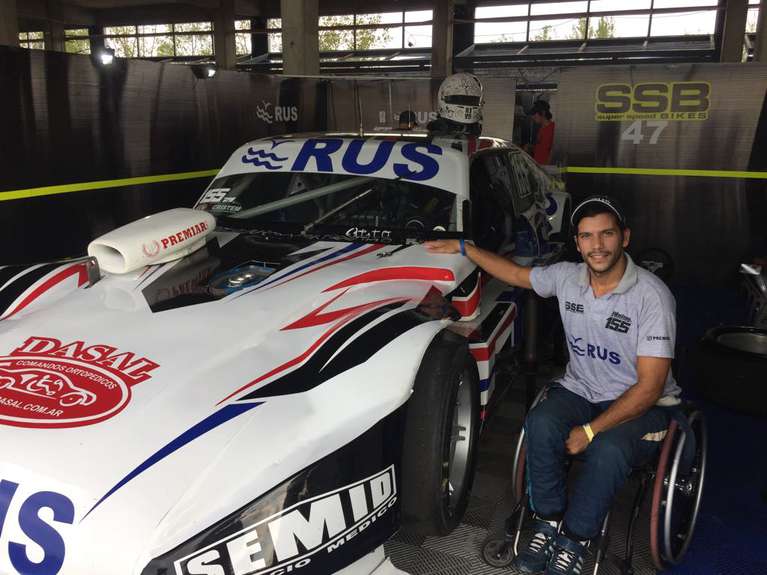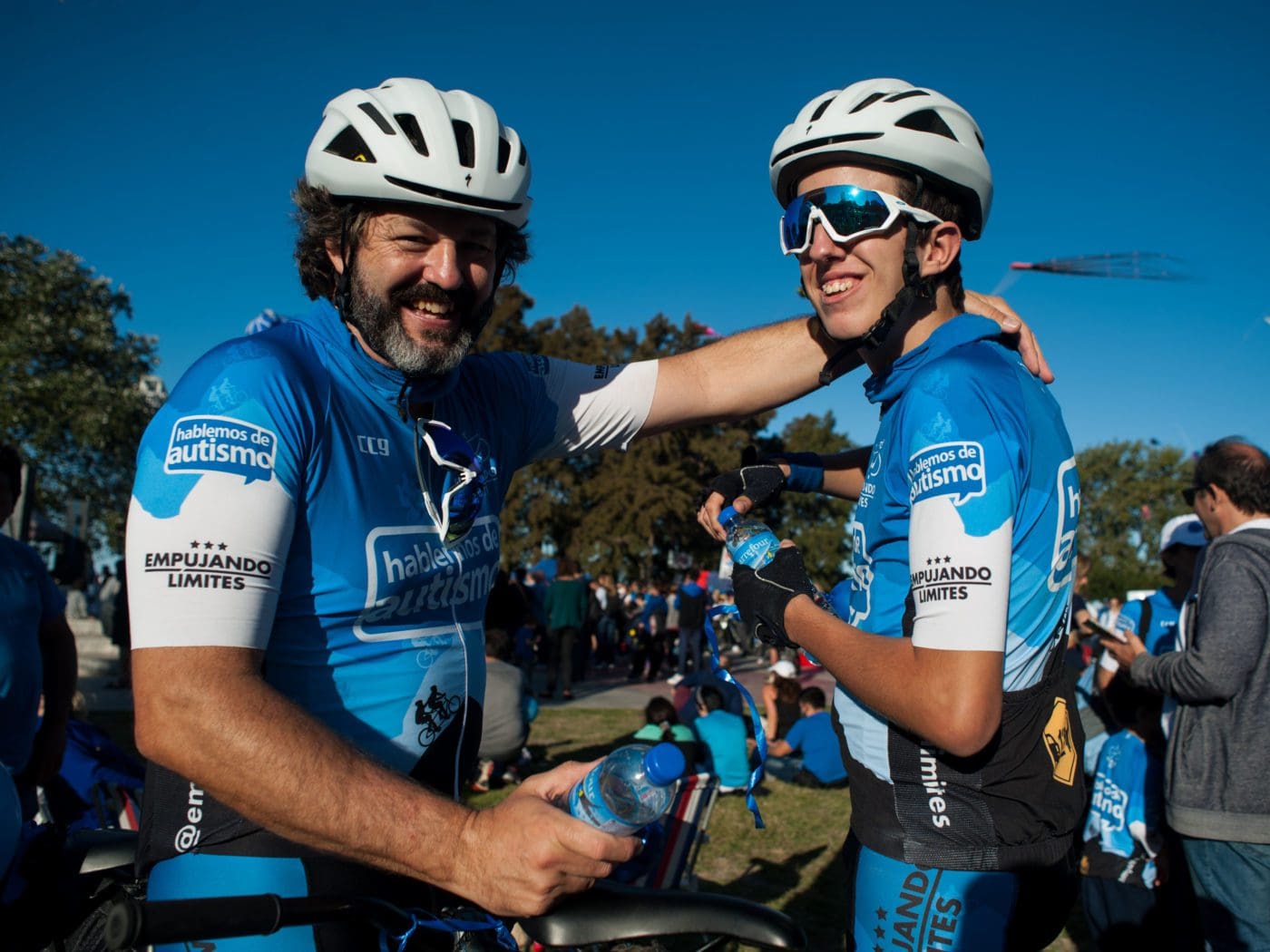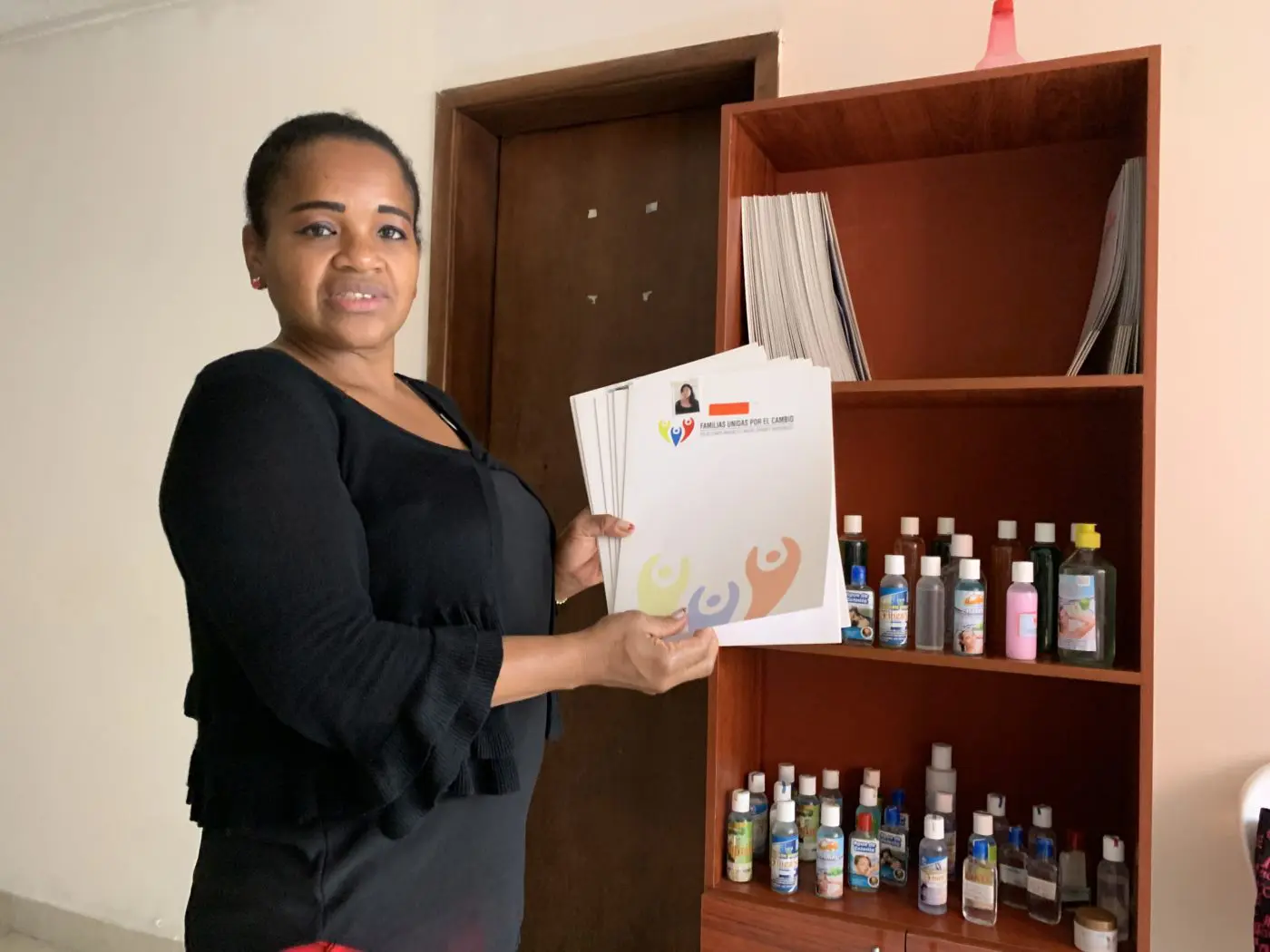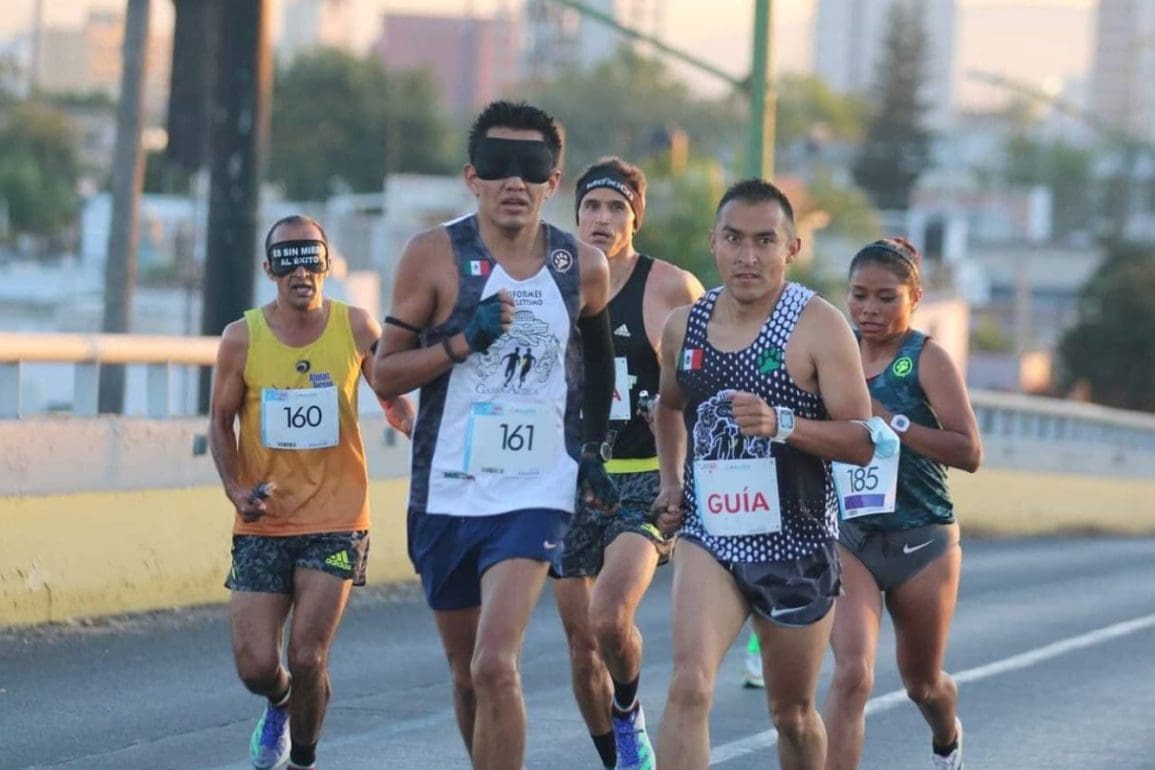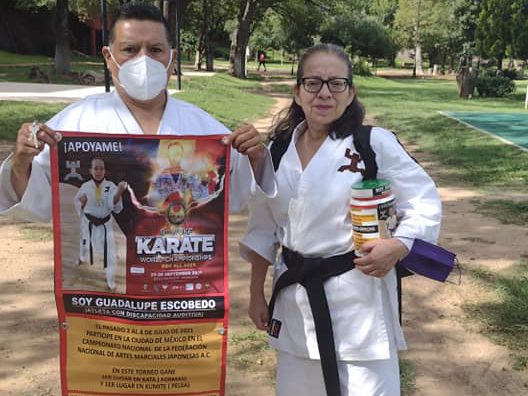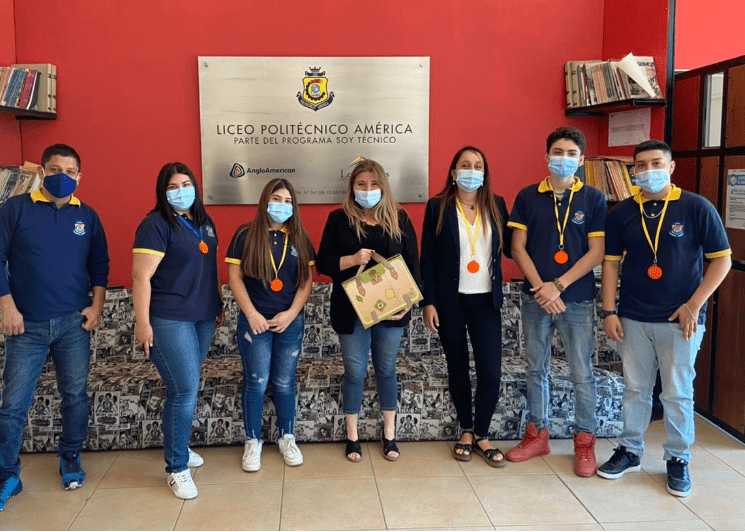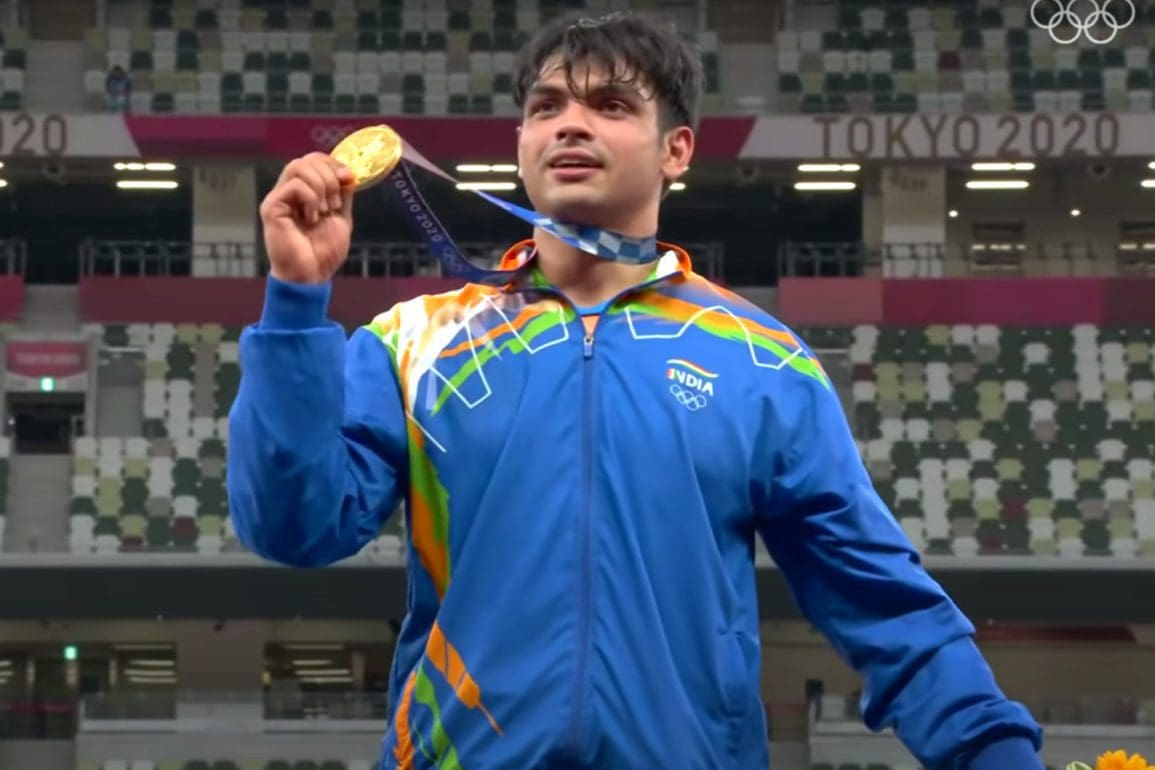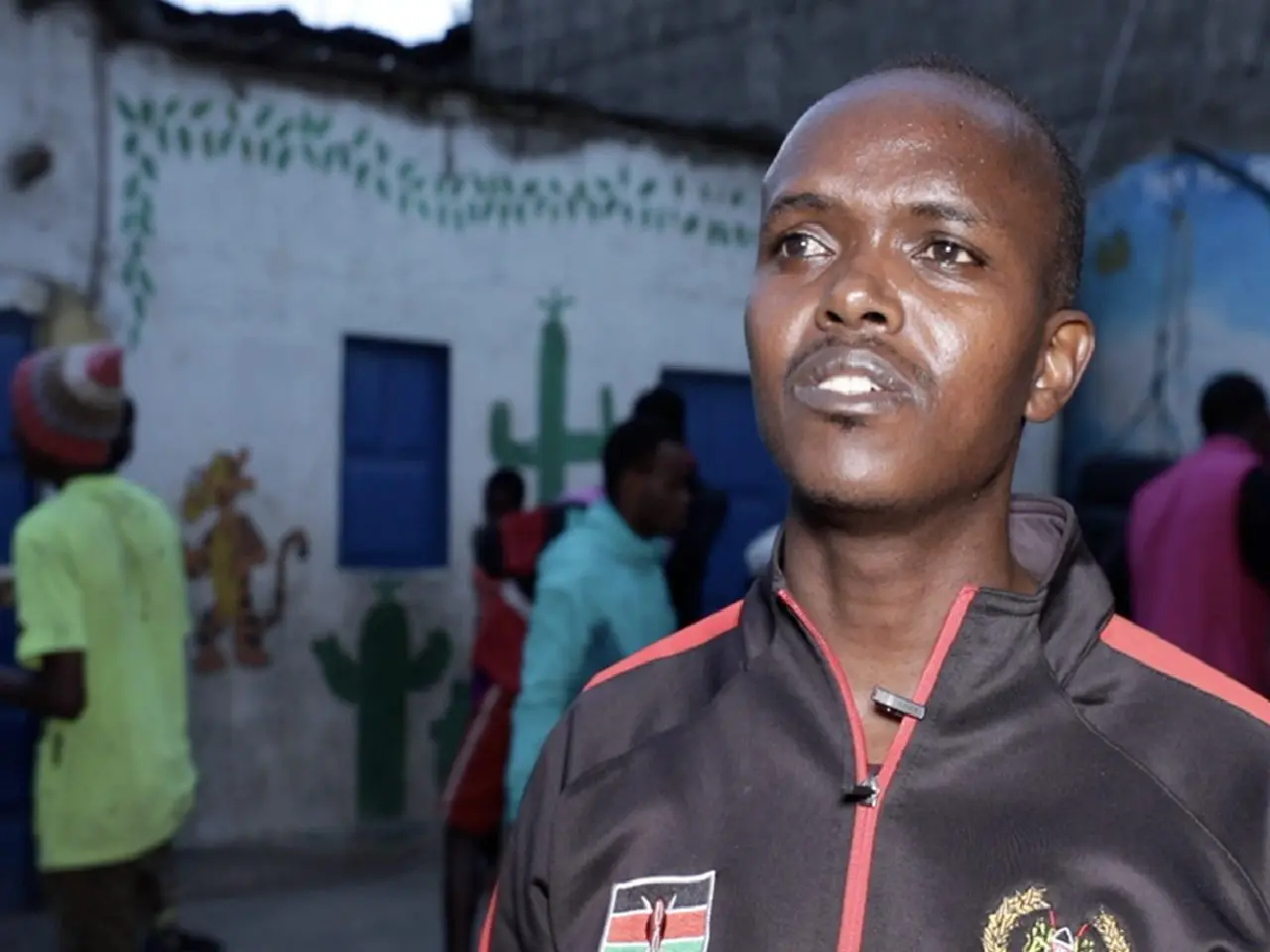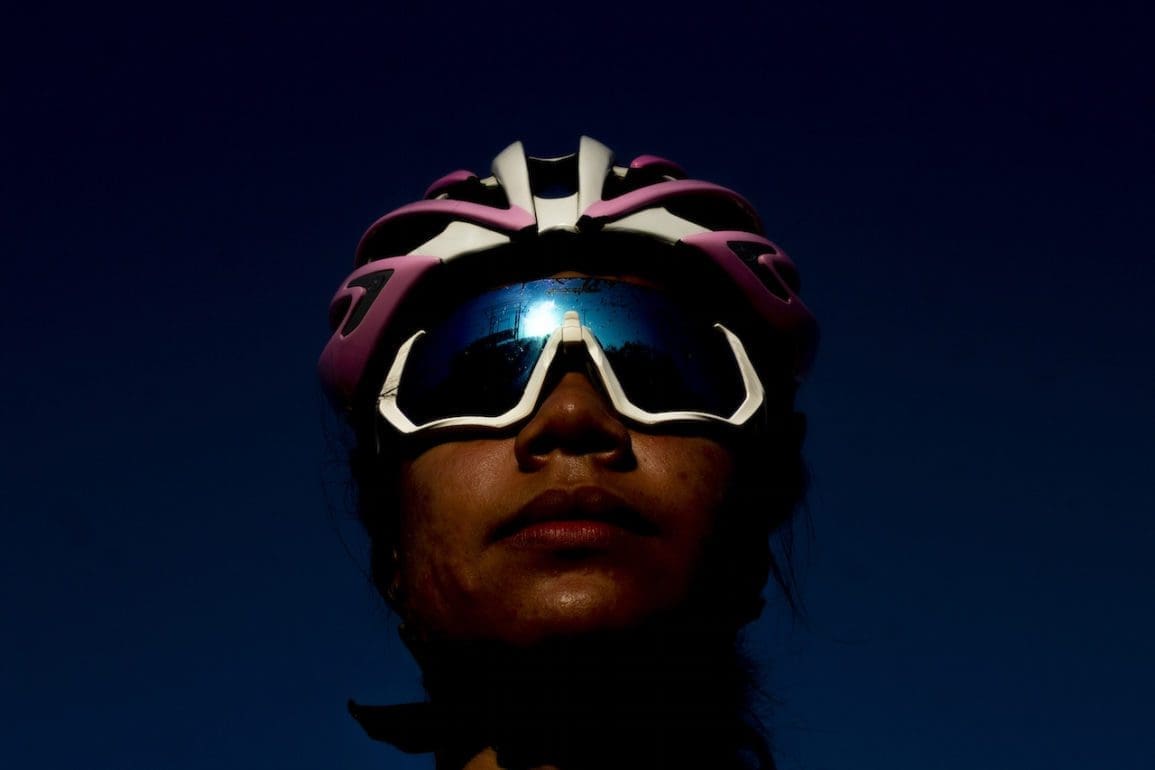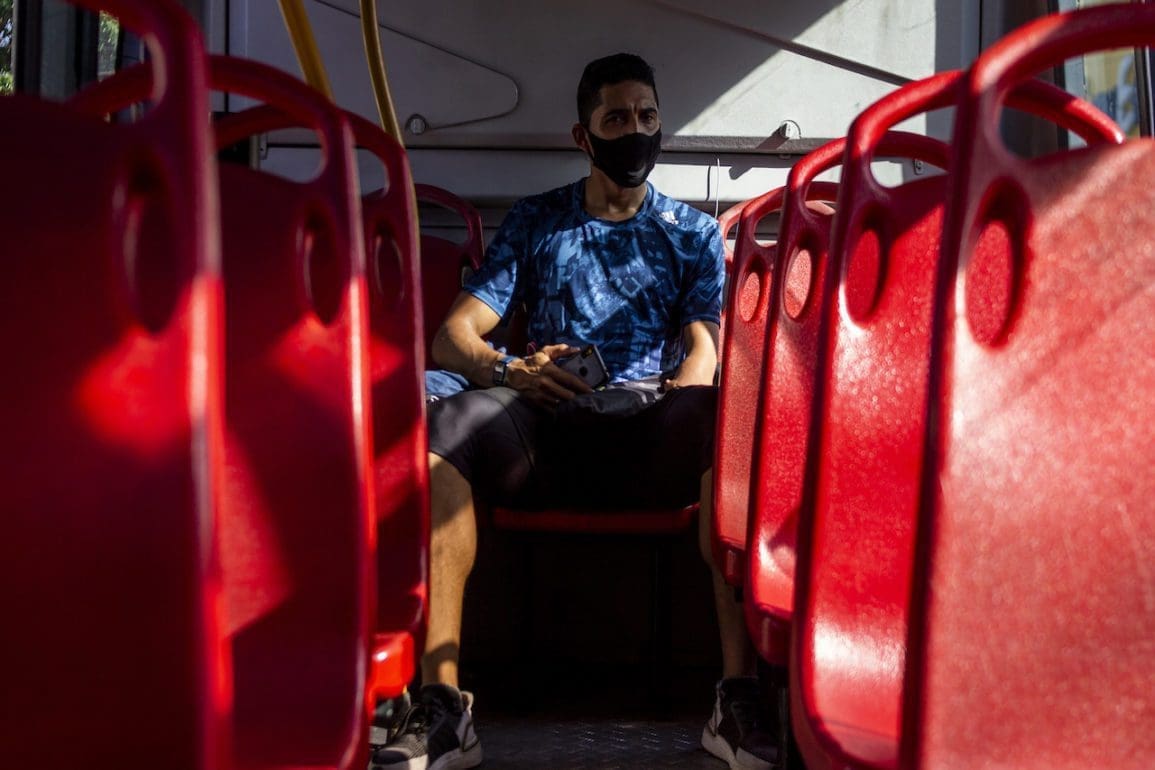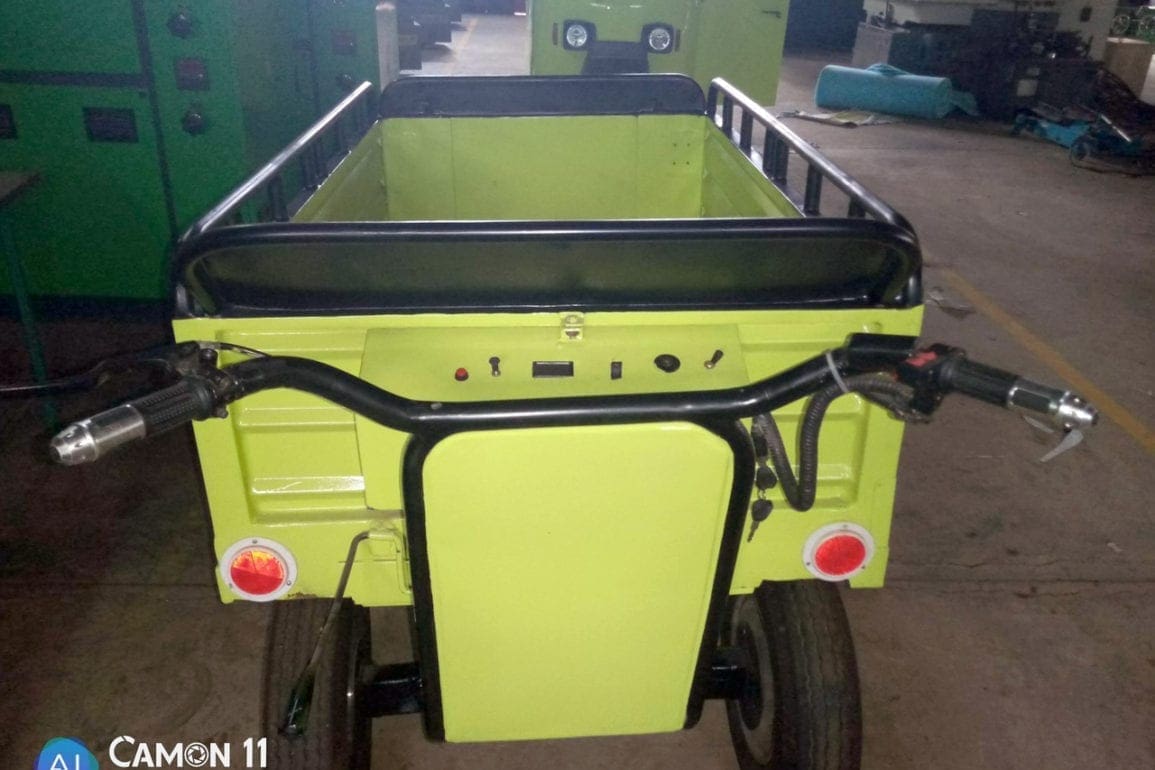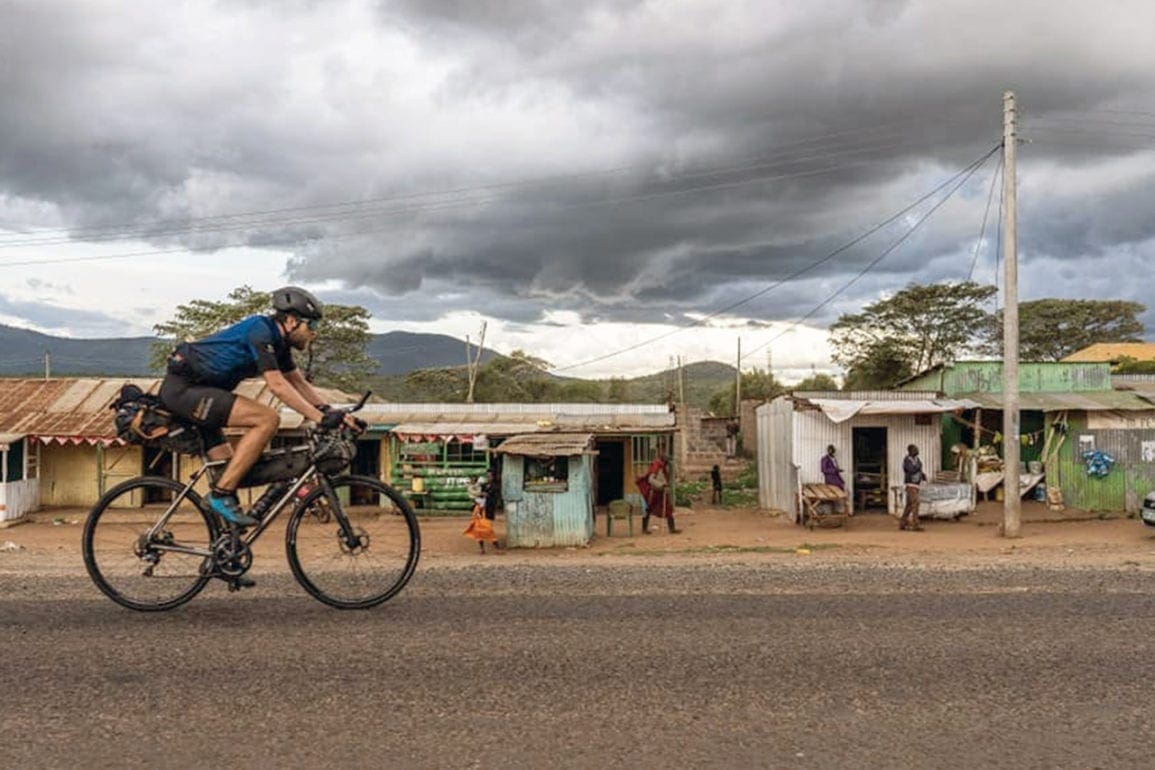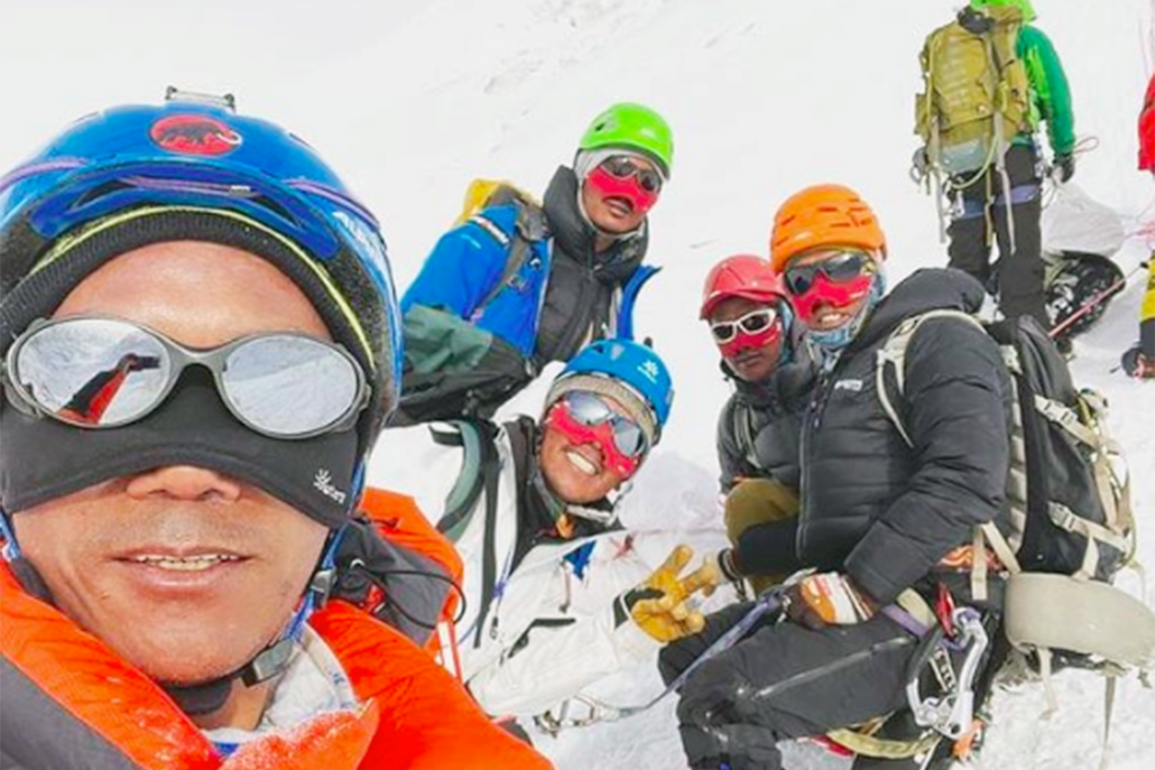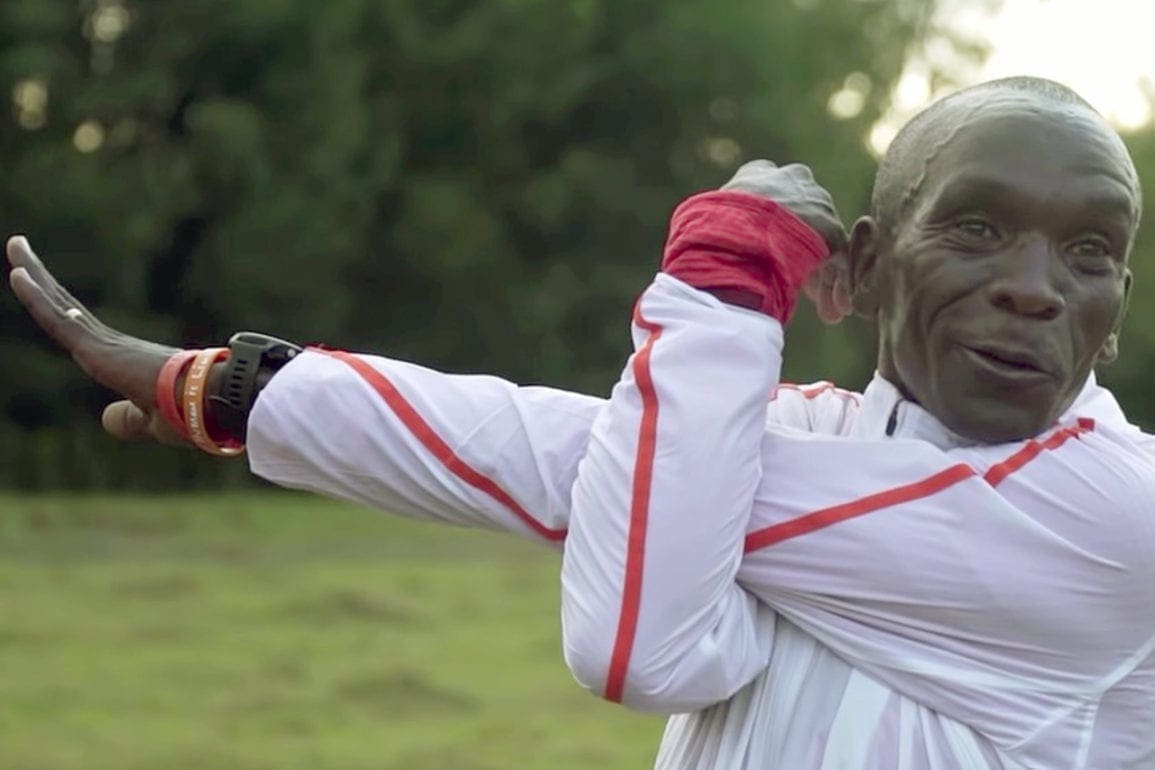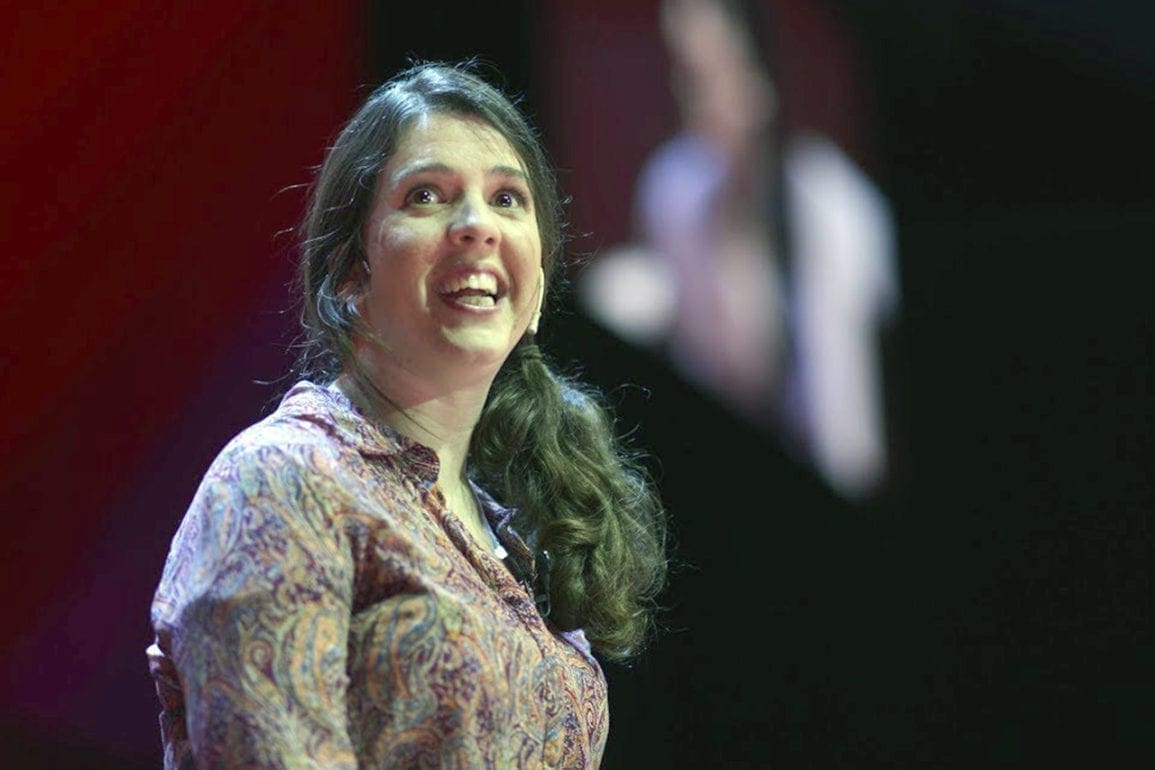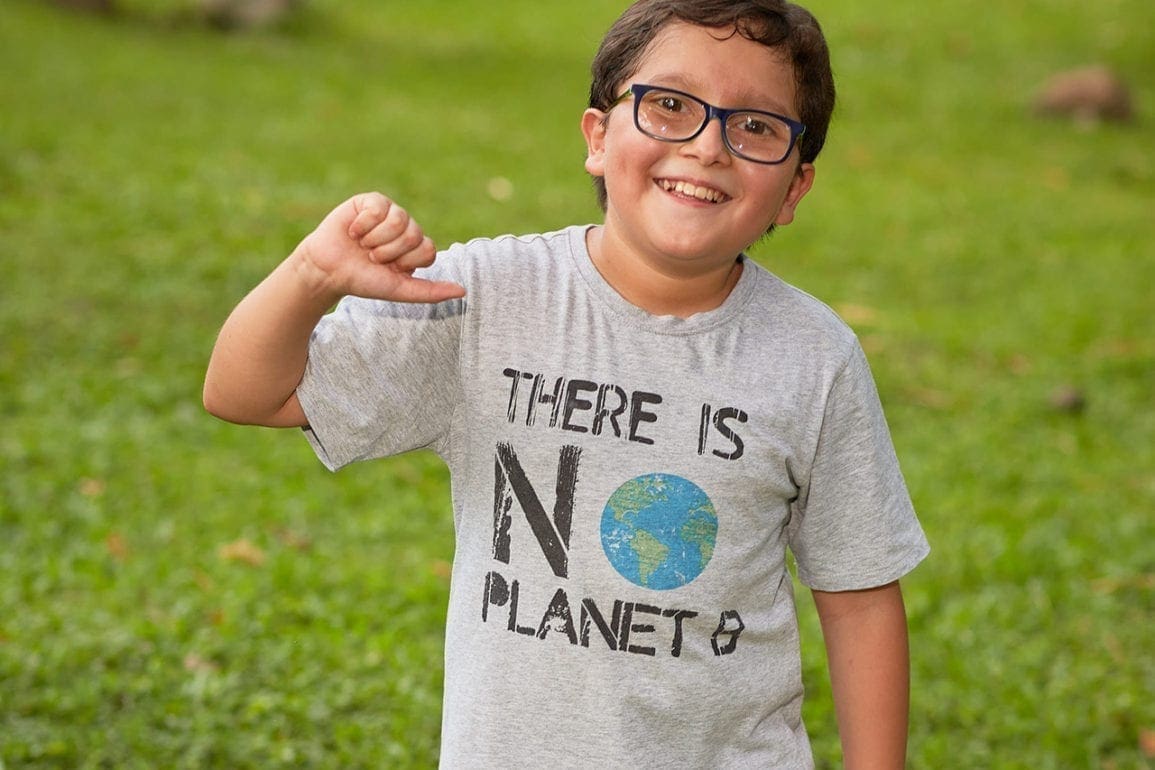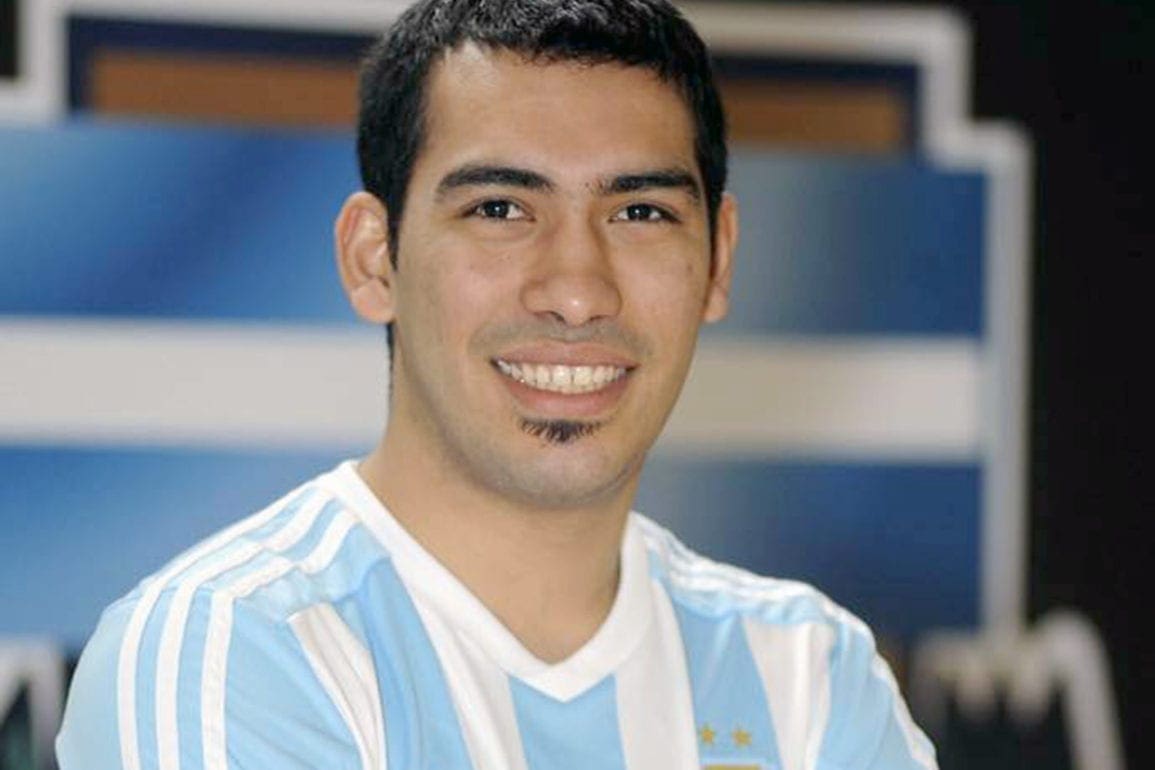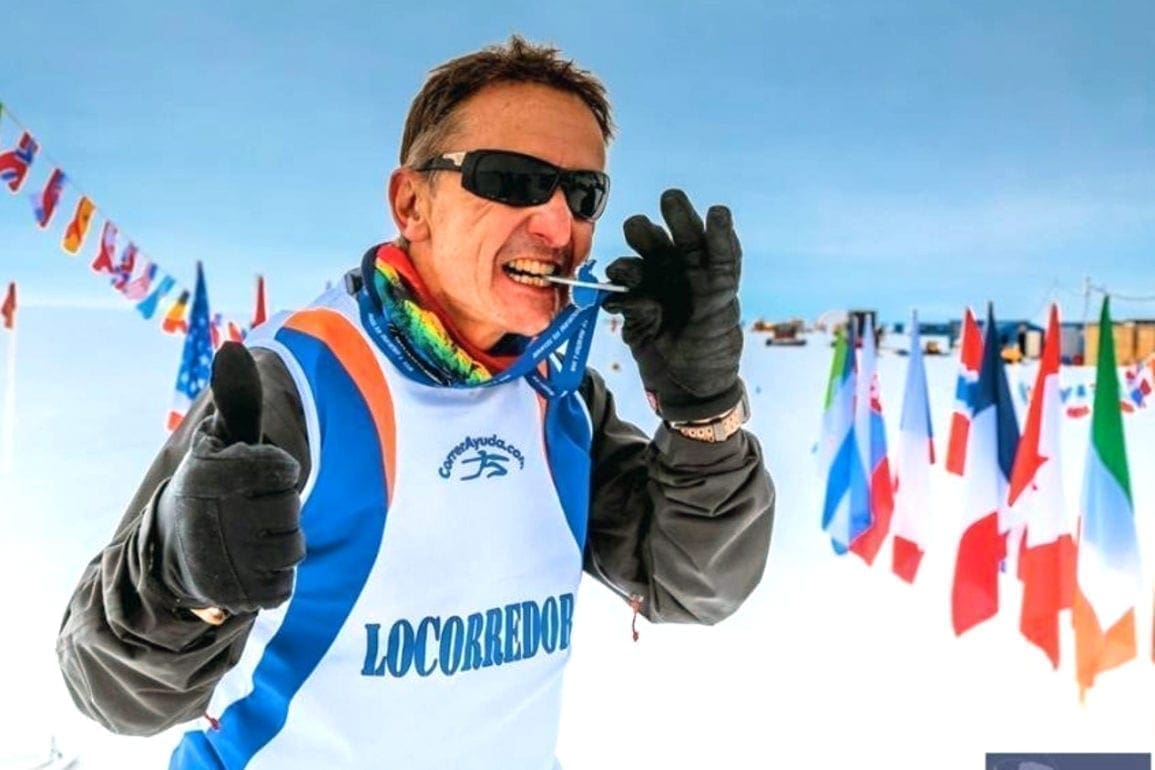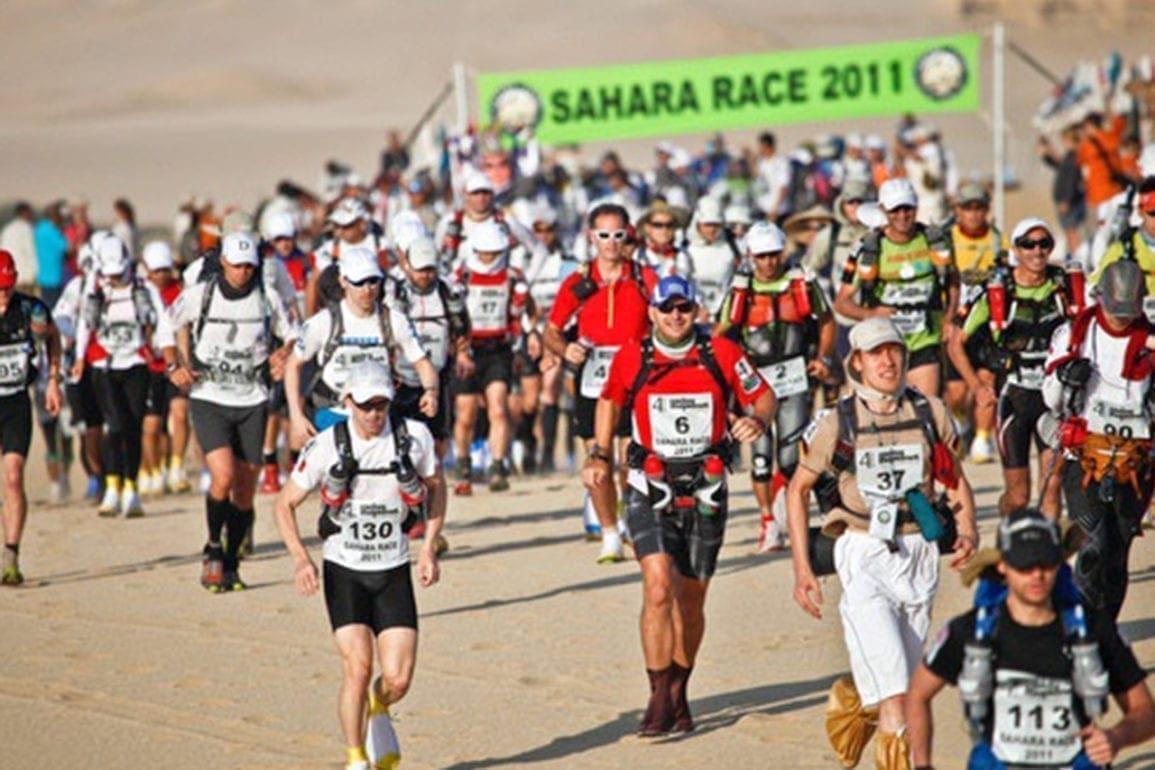‘Soccer saved me’: Argentine soccer star promotes women in sport
A life spent fighting for equality for Argentine women in soccer.
- 4 years ago
January 4, 2021
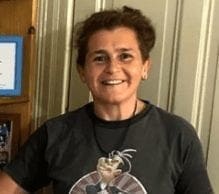
BUENOS AIRES, Argentina — In November 2020, Argentina decreed Aug. 21 as the day of the Argentine soccer player in commemoration of female soccer star Elba Selva’s remarkable game against the English.
It’s a day that celebrates women in soccer — a decision that marks inclusivity in the Argentine sporting world. But it comes after a long and marred history of prejudice.
My name is Lucila, but friends call me Luky. I was born in 1970, in Saladas, Corrientes.
During my childhood, I was raised by an adopted family.
Soccer saved me from being alone in life. It gave me a sense of belonging. But my sport was full of prejudices.
“How are you going to play soccer if you are a woman? You cannot. Find yourself a husband,” they used to tell me.
I suffered harassment to become a soccer player. People threatened me with death and even wanted to boycott our matches so that we would not practice a “men’s sport.”
I don’t like it when people classify me as the savior and historian of women’s soccer. Pioneras del Fútbol Femenino, the organization I founded, seeks to claim the sport for every girl, not just for me. I am part of the women who decided to embark on soccer when amateurism and stereotypes did not allow us to live with this beautiful discipline.
After many years of struggle and sacrifice, we are finally achieving the recognition we deserve, but it’s a long road with many adventures and a long way to go.
Love at first sight
Saladas is a very small and quiet town. Yerba mate tea and naps are a religion. Everyone knows everyone and there is a very strong sense of community.
When I was seven years old, the lady who raised me asked me to go downtown to shop.
It was on one of those bike rides from my home on the outskirts of town that I came across the first soccer field where I saw men playing. I fell in love. I was mesmerized. When I returned home, I couldn’t think of anything else.
From that day on, when my family sent me shopping, I stayed at the pitch for hours and hours playing with the boys in town.
I used to leave the shopping bags on the side of the court and start playing. When I returned, muddy and bruised, I knew that my mom would punish me. But that didn’t matter to me. I just wanted to play soccer.
When your passion is strong, you do not care about the consequences. In that field, I believed I was the only woman on the planet who played soccer.
And a lot of men made me notice my gender. They hit me, pushed me, and became angry if I scored a goal or missed a pass. I even came back with black eyes from defending my passion for soccer.
They did not like a woman participating in a sport that, until then, belonged to men.
Since those days on the soccer pitch in Saladas, the ball has accompanied me wherever I go. I breathe soccer; I am soccer.
Dreaming of the big city
At 15, tired of living in a place where I could not fulfill my destiny and where my love of the sport was stigmatized, I traveled to Buenos Aires.
A couple from Saladas made the journey. I asked them to let me work cleaning their house without pay. My only condition was that they allow me to continue studying until I was of legal age and able to become independent.
My days passed and I found myself buried in work and studies to build a better future.
In Buenos Aires, I began to feel distressed, sad, and nervous. I had lost meaning in life. In the city, I didn’t know anyone and lost the habit of playing soccer. I felt alone. Looking back at that moment, I realized that without football my life had no meaning.
I got my first job in a bakery at the age of 17. There, I met Adriana, my coworker, and her boyfriend Miguel. He had a friend who ran a women’s soccer team. Until then, I did not know that women played soccer in the city, but the discipline was merely amateur, and people labeled you macho if you put on sports shorts. Segregation in sports was palpable and, at times, violent, but I didn’t care.
When Adriana told me, I rushed out to beg Miguel to introduce me to his colleague.
“Come on. I’ll take you to the trials,” he said.
Happy and with tears in my eyes, I went home to prepare. My hands were shaking with energy.
I couldn’t sleep that night. The emotions and sensations returned to my body. I was once again the happy village girl I used to be. I didn’t know it, but my life was about to turn around.
First steps in amateur women’s football
Finally, the day arrived. I was nervous and could hardly speak.
When I got to the club, Miguel introduced me to the team’s coach. I had no idea what was going to happen.
The goalkeeper was complaining that she was tired, so I quickly volunteered to fill her position.
Without gloves or the right clothes, I stood in front of the goal and players started shooting me.
“You are terrible, but you have dedication, enthusiasm, and passion. If you want, I will train you as a goalkeeper,” the physical trainer said.
During my first official game, I caught a difficult ball to save the match. At that moment, a sense of confidence and security washed over me. It was as if I was born for that moment — that play.
Although I was happy on the pitch, I couldn’t stop thinking about the lack of economic opportunities afforded to female soccer players. Everything they did was by force of will. And, on top of that, men stigmatized us for doing what we loved the most.
Many colleagues quit soccer because of the harassment they faced, but I never let myself be intimidated.
It is sad to be criticized for doing something you love simply due to your gender. At that moment, a seed was planted in my head — a force of struggle and recognition that would take me further than I had ever imagined.
Working overtime
I always did what I wanted and tried to help all the girls that I could. Sometimes, we didn’t have the right clothes, but I always kept going.
I began to host girls from all over the country who wanted to practice this discipline in Buenos Aires. I was fortunate to live with 11 young people whom I helped get clothes and boots so that they could play.
When I played for Independiente, sometimes I took all my teammate’s boots to my house to wash and polish them. Then, I used to go to the club an hour before the match to clean them again and arrange them so that everything was ready.
I spent whole nights without sleep, exhausted but happy, making and adapting men’s sportswear so that we have adequate equipment.
My biggest disappointment came in the last year I played for Independiente. In our final match against Sportivo Barracas, the club failed to provide a doctor or police officers — mandatory additions to a match in Argentina — causing our loss.
That was the straw that broke the camel’s back. I was tired of the mistreatment of women athletes and the insurmountable rudeness of the club.
After playing for Independiente, I went through Atlanta and Boca Juniors where we became champions of the first tournament of the Argentine Women’s Soccer Association in 1991.
I was later invited to play the Copa Libertadores — a Latin American club tournament that brings together the best teams on the continent. Every game, we went out to the Argentine anthem. We didn’t win Gold, but it was the greatest moment in my sports career — a dream come true.
It had finally happened. I achieved everything I had initially set out to complete.
Only, when I came back to Argentina, I was exhausted and my whole body ached. It was an alarm, a signal.
I was getting old.
A new beginning
Retirement was one of the hardest moments I faced. I couldn’t think about my life without soccer. Thinking about it distressed me greatly.
What was I going to do without being able to play? I dedicated myself to soccer for my last 30 years.
At that very moment, I felt like I had to do something about it.
I remembered the day I visited the AFA grounds to sign my first contract as an amateur player.
A photo had the caption, “Argentina National Team, 1971 World Cup Mexico.” The image is vivid in my mind.
When I looked back on that moment, I felt a chill running through my entire body.
At home, collecting photos and memories, an indescribable emotion and happiness came to me. It was a spontaneous spark. That’s when my new dream was born: I wanted to meet those women who had represented us in Mexico.
When I started researching, I came across Elba Selva—a soccer player who scored four goals against England in that World Cup to achieve a historic triumph for our country.
Many thoughts and feelings invaded my mind. I had once believed I was the only female soccer player on the planet. But a year after I was born, while I was learning to walk, there were women who were representing my country in a World Cup.
I needed to find them. I longed to meet them and thank them. But above all, I needed to end the stigmatization that we female soccer players suffered.
That was the catalyst for founding Pioneras del Fútbol Femenino Argentino, the first organization that seeks to spread the history of the discipline and make visible the vulnerability and discrimination that women suffer in the sport.
These dreams were my driving force when I retired. I never imagined that my wish would turn into something bigger.
National recognition
A year after the foundation was born, 50 former players from the ’70s, ’80s, and ’90s were part of Pioneras.
Any Argentine player who played before the start of the first official women’s soccer tournament organized by the AFA in 1991 is considered a Pioneer.
Pioneers are soccer players like me who suffered from the lack of opportunities to play soccer with the proper security measures and who suffered the aggression and discrimination of a society that was not ready to see girls wearing shorts and kicking a ball.
With tremendous effort and sacrifice, we began a dissemination campaign to show the importance of the sport among women using the great achievement of our team in Mexico in 1971 as an example.
Our organization highlights the mistreatment of women, the horrors they suffer in soccer, and the need for equality. We set out to achieve equality so that no woman suffers the harassment that athletes of our generation endured.
There are those who say that I rescued Argentine women’s soccer from oblivion, but the truth is, soccer saved me.
